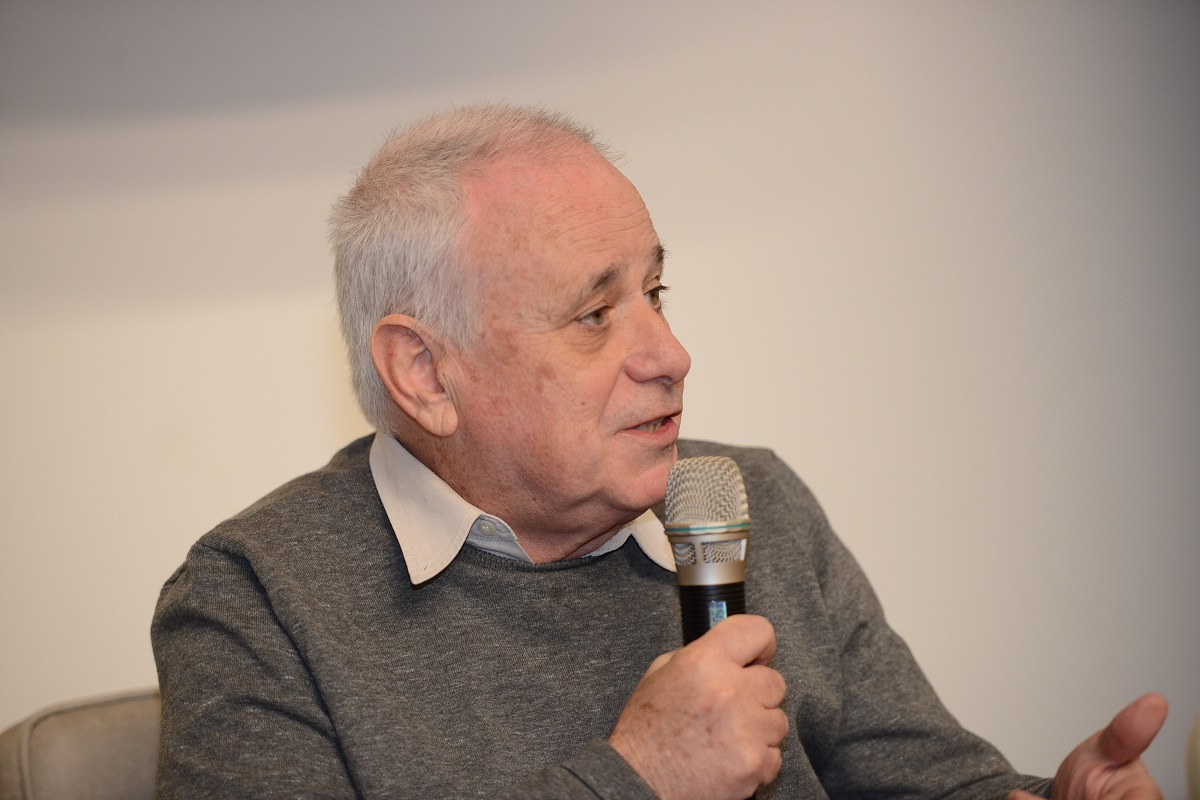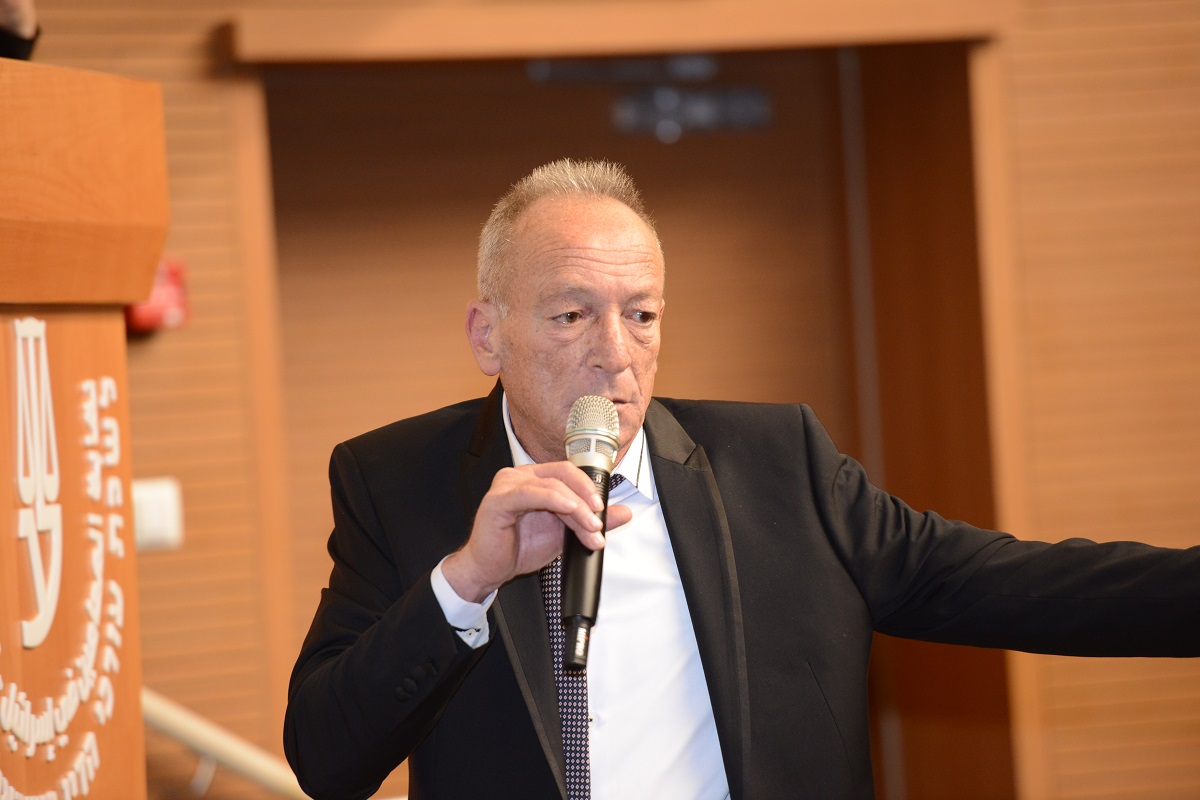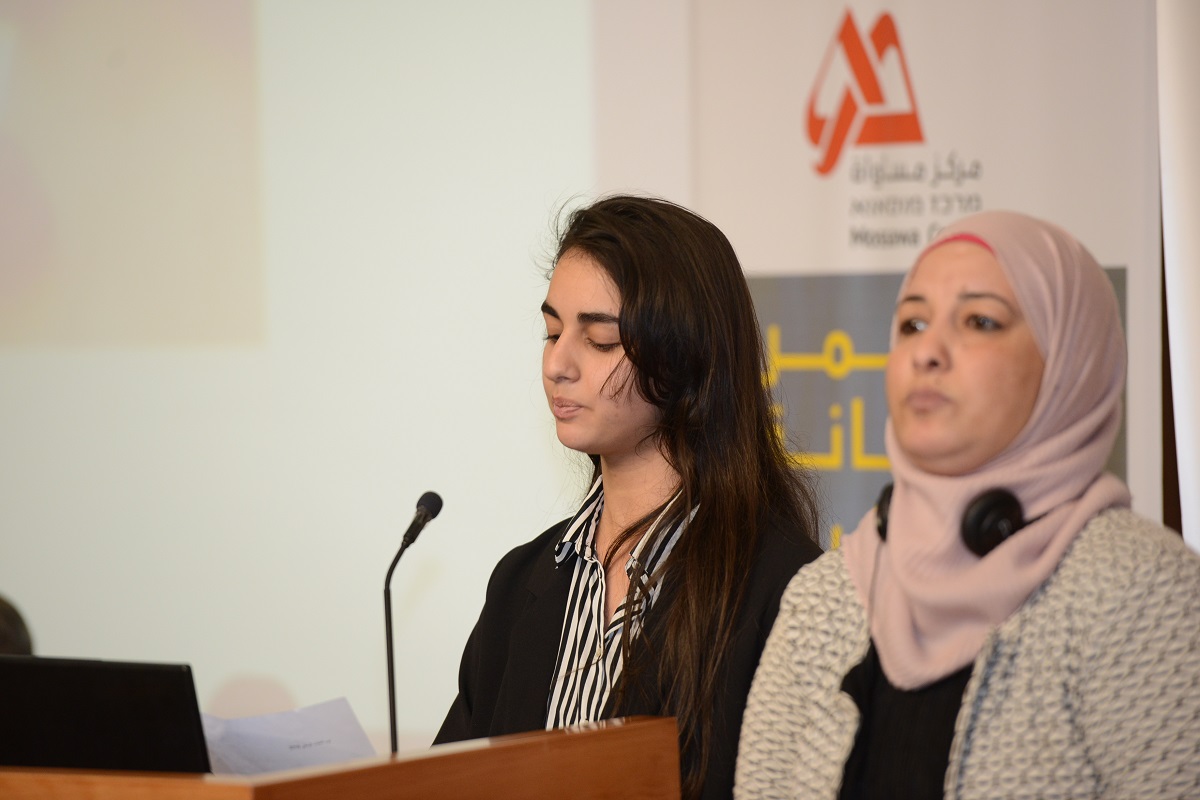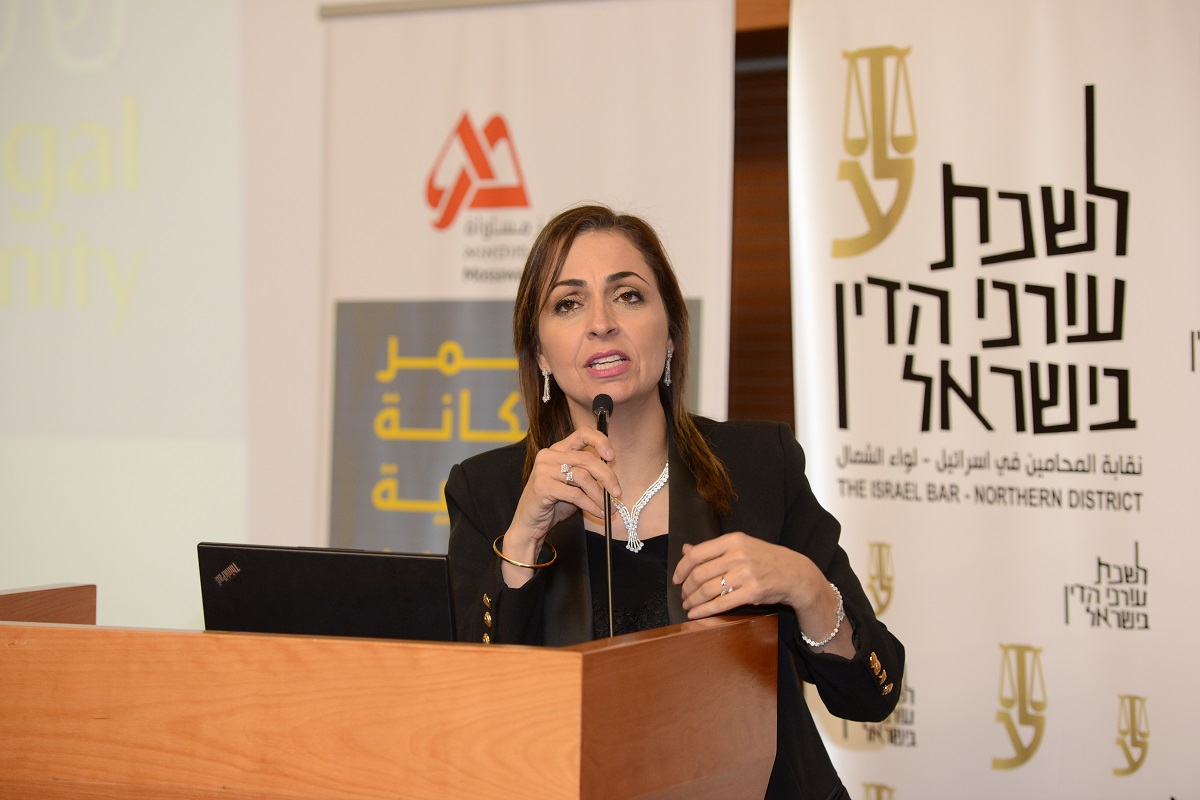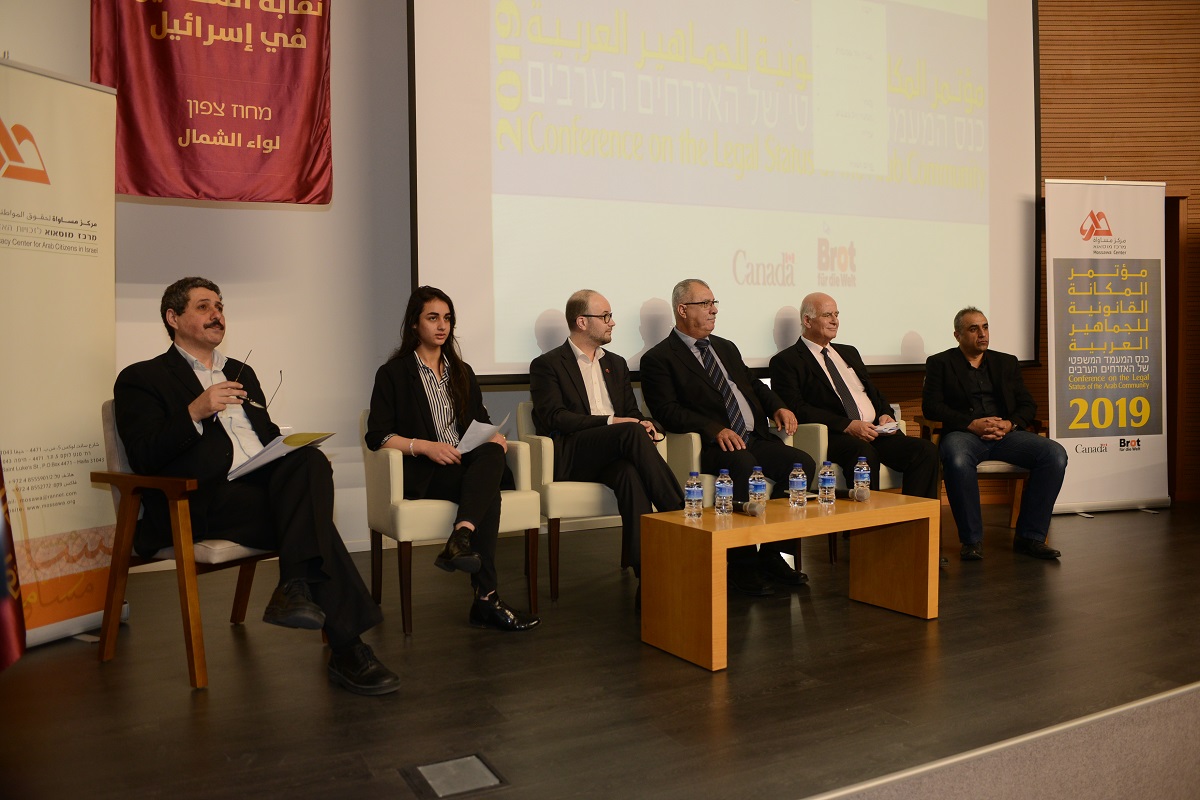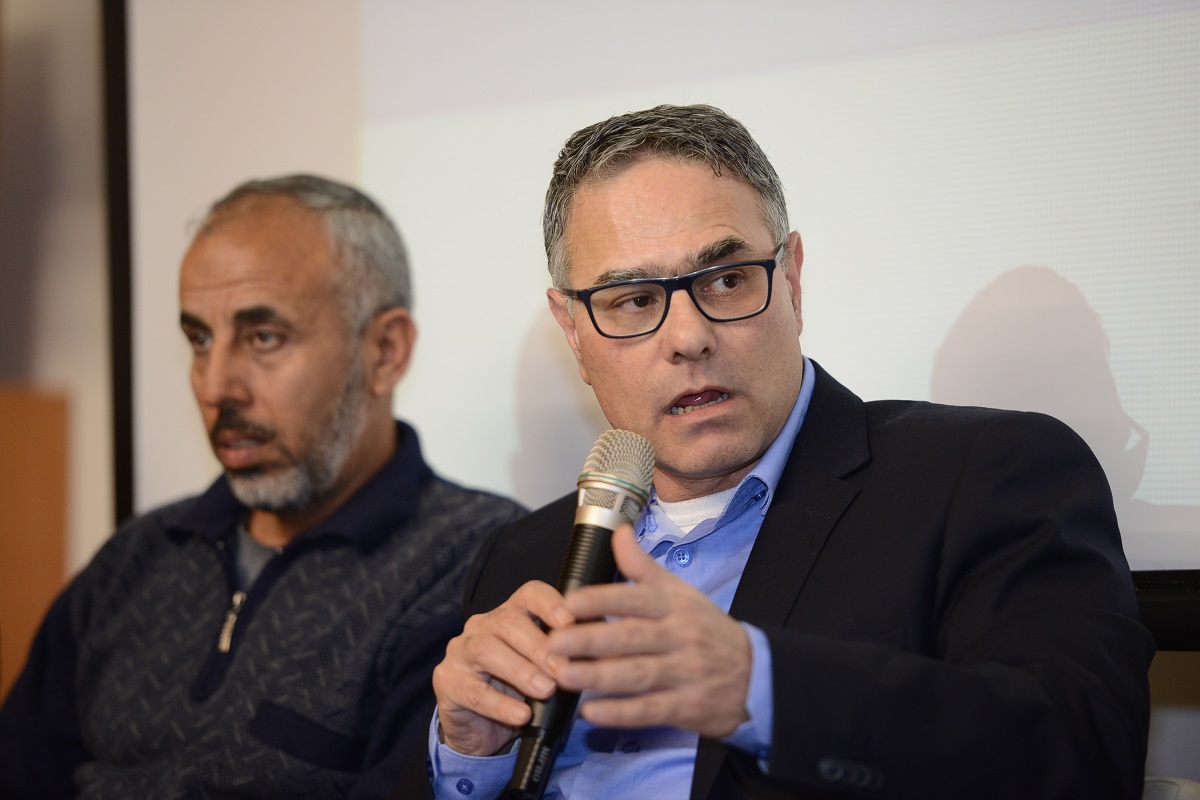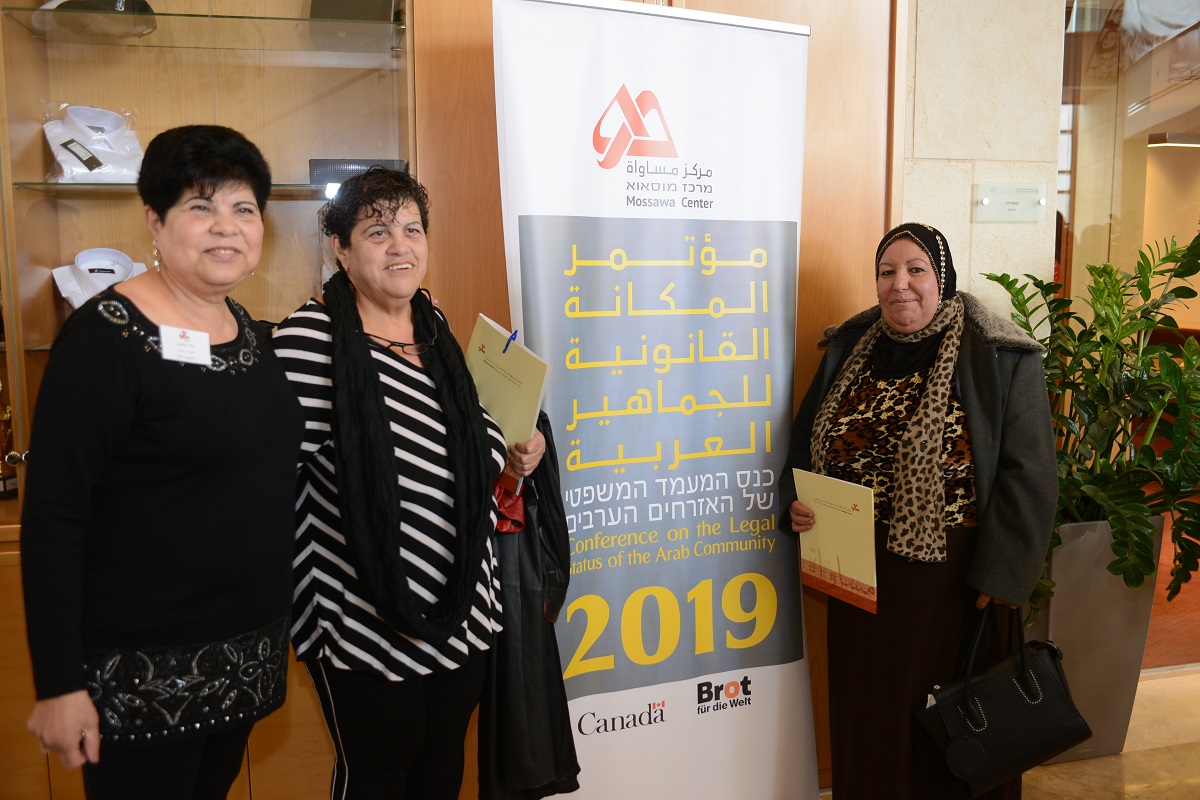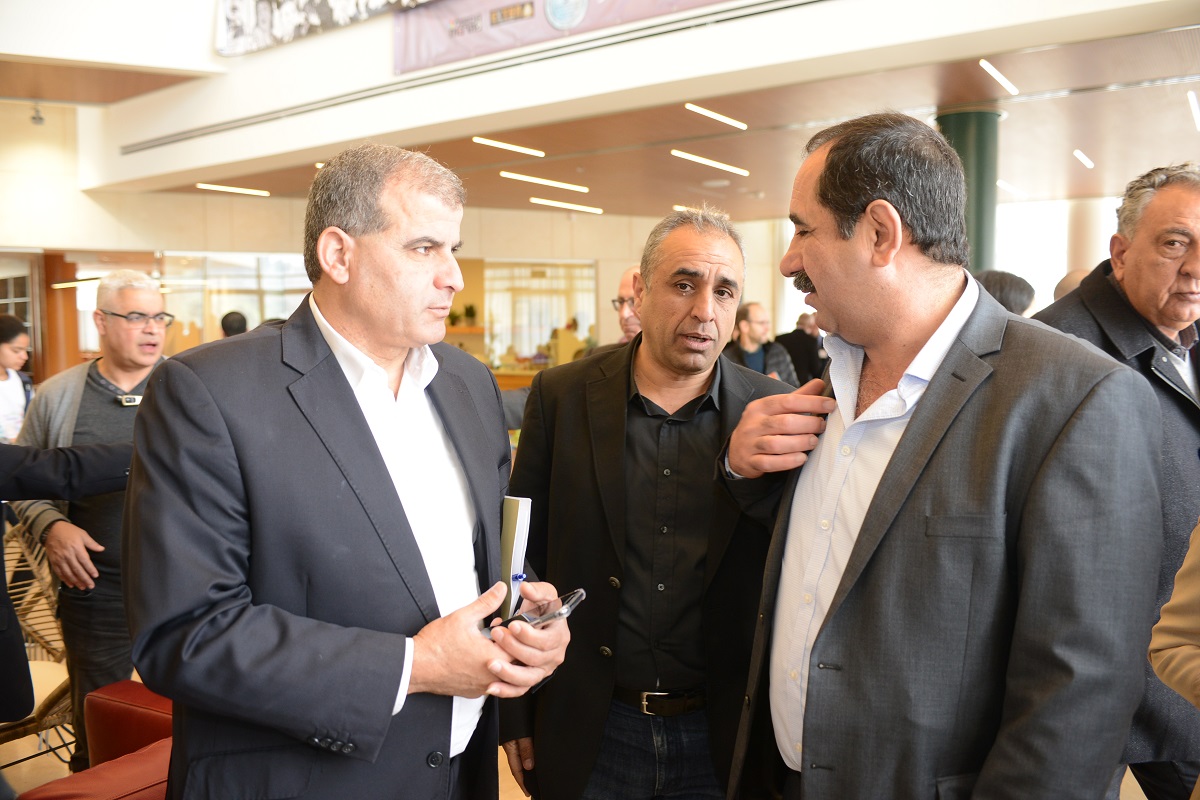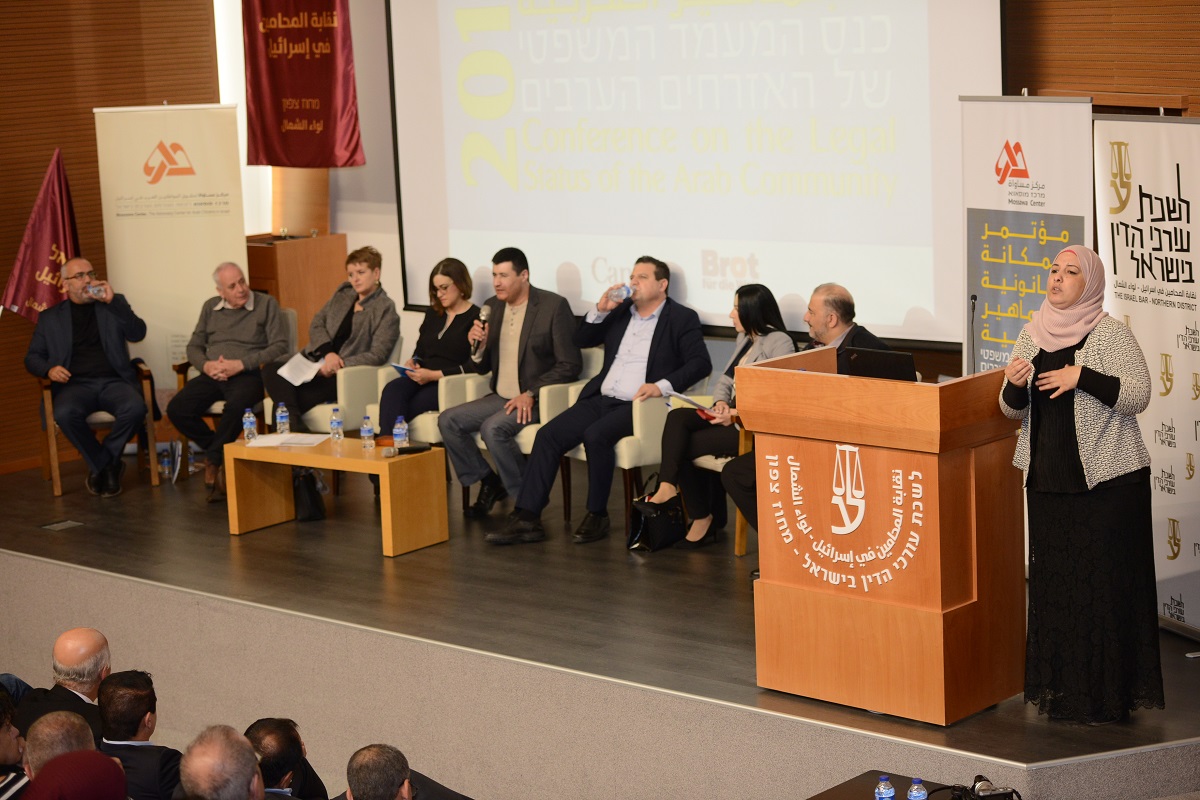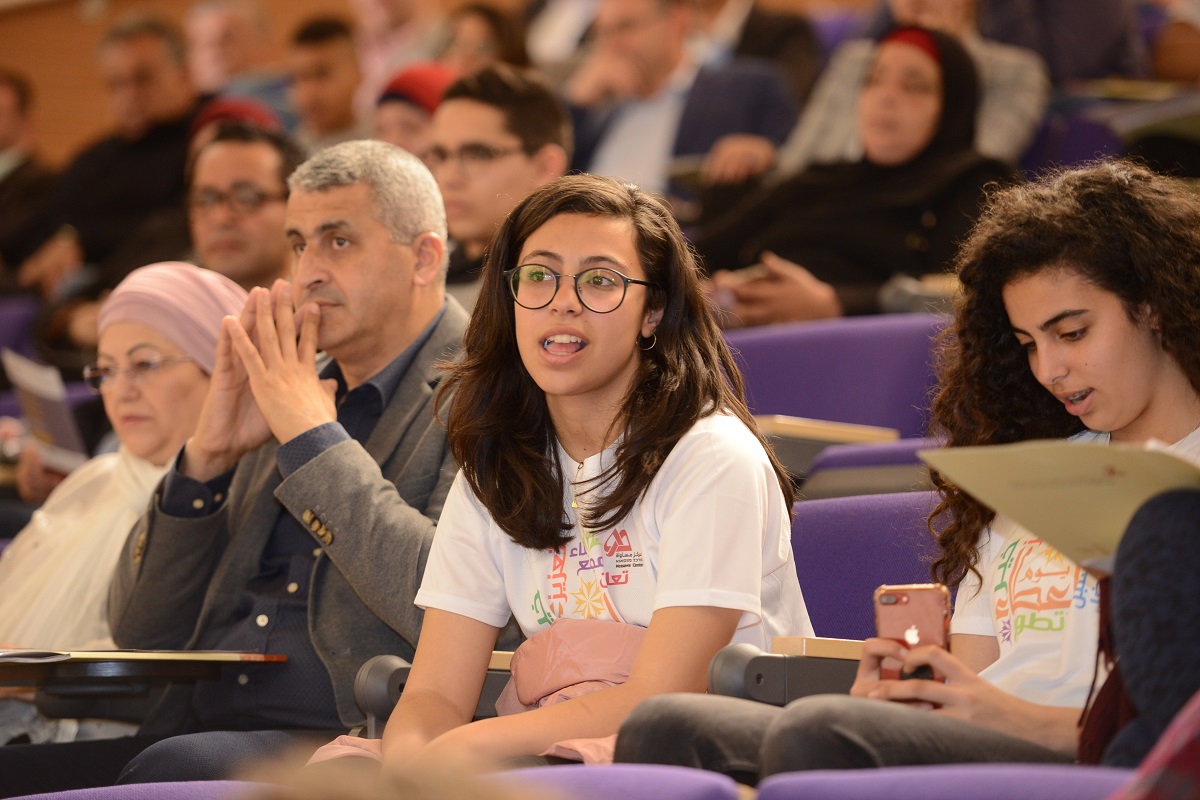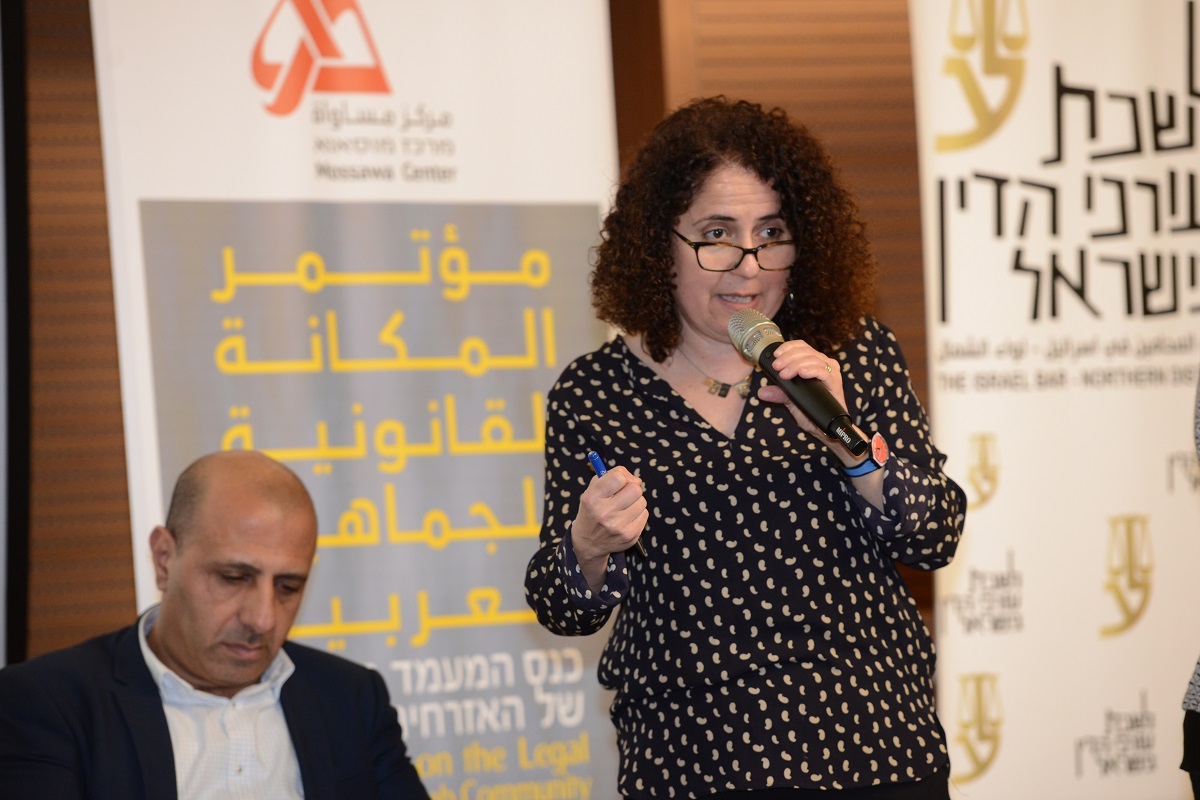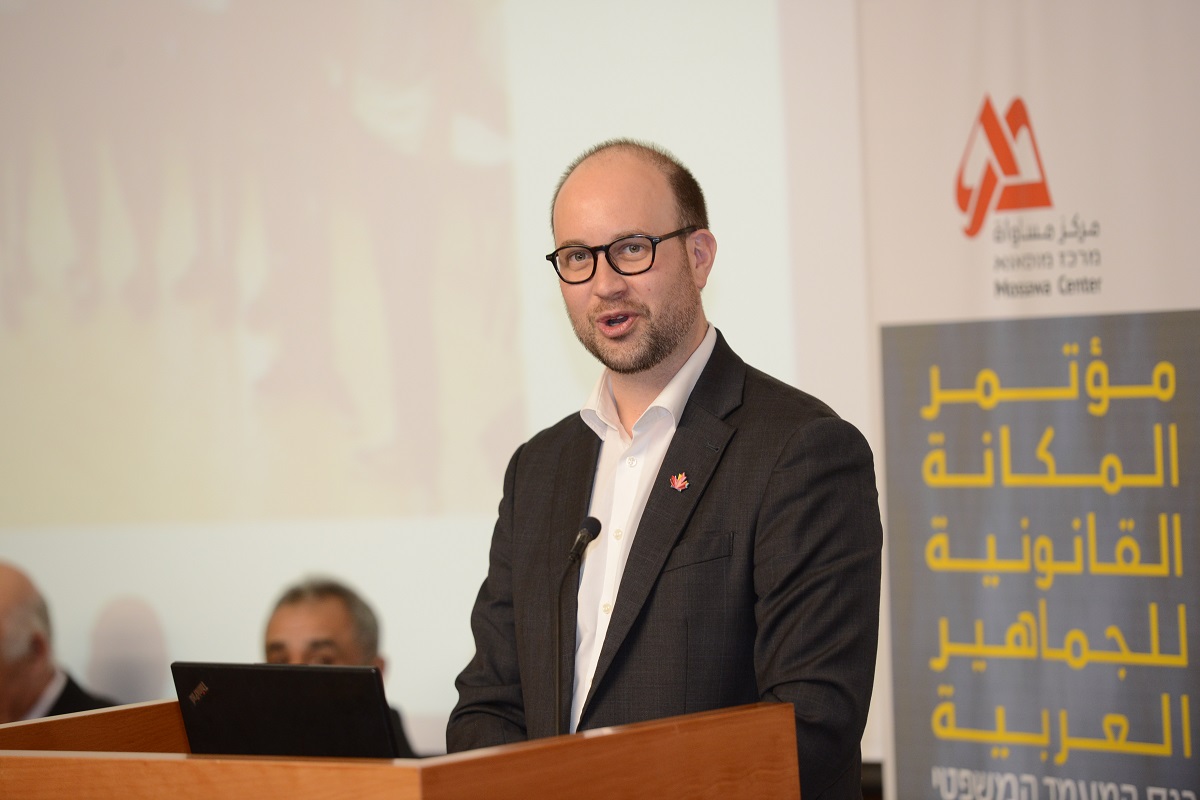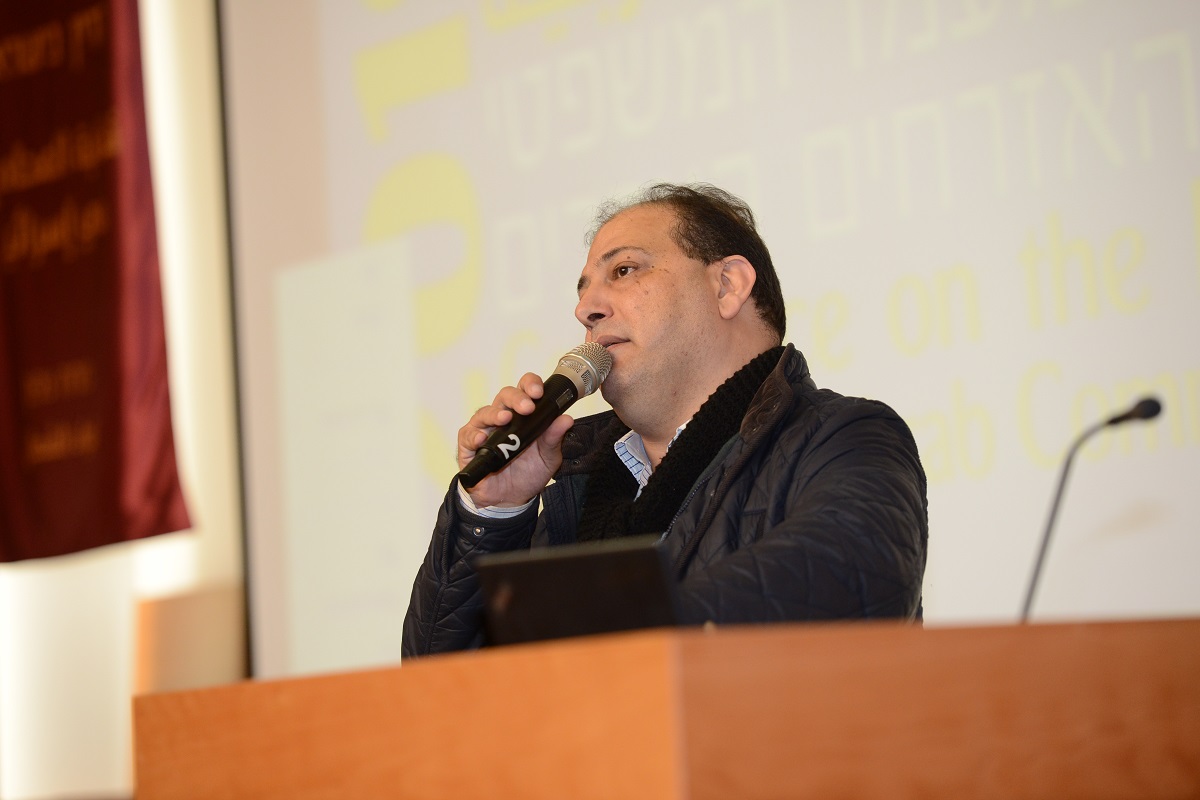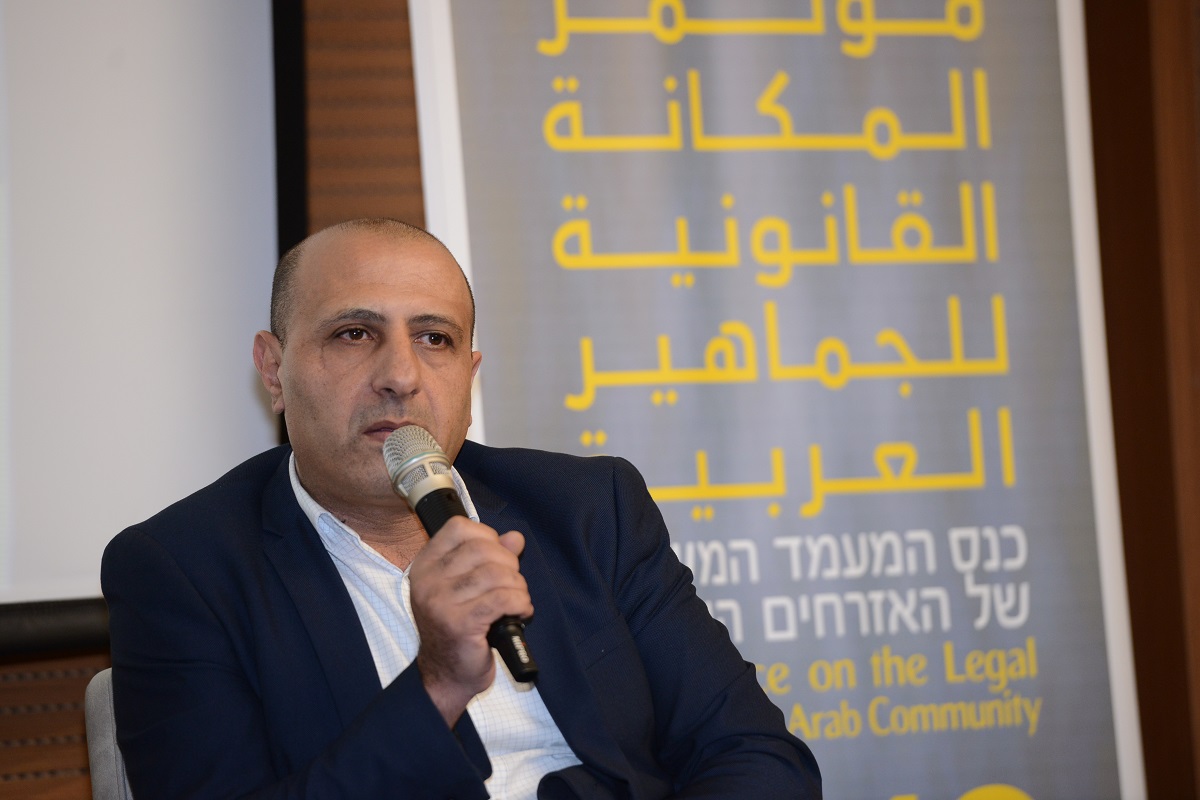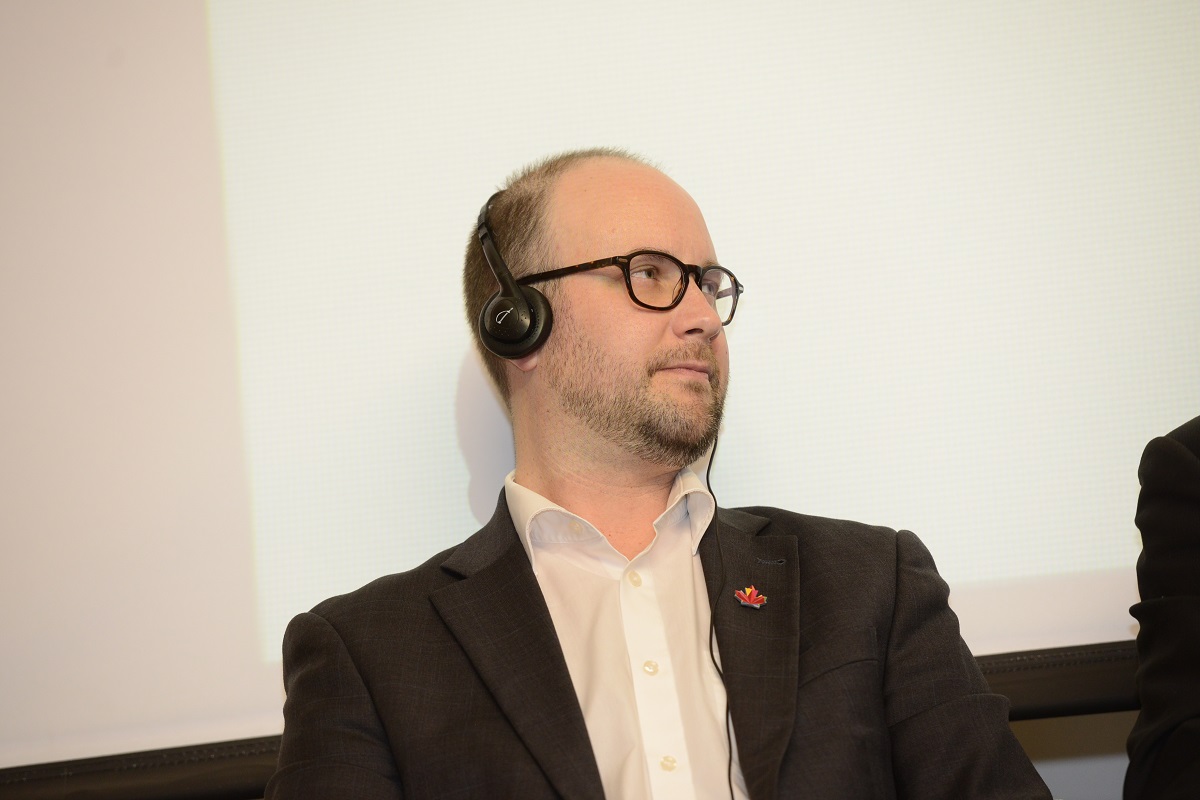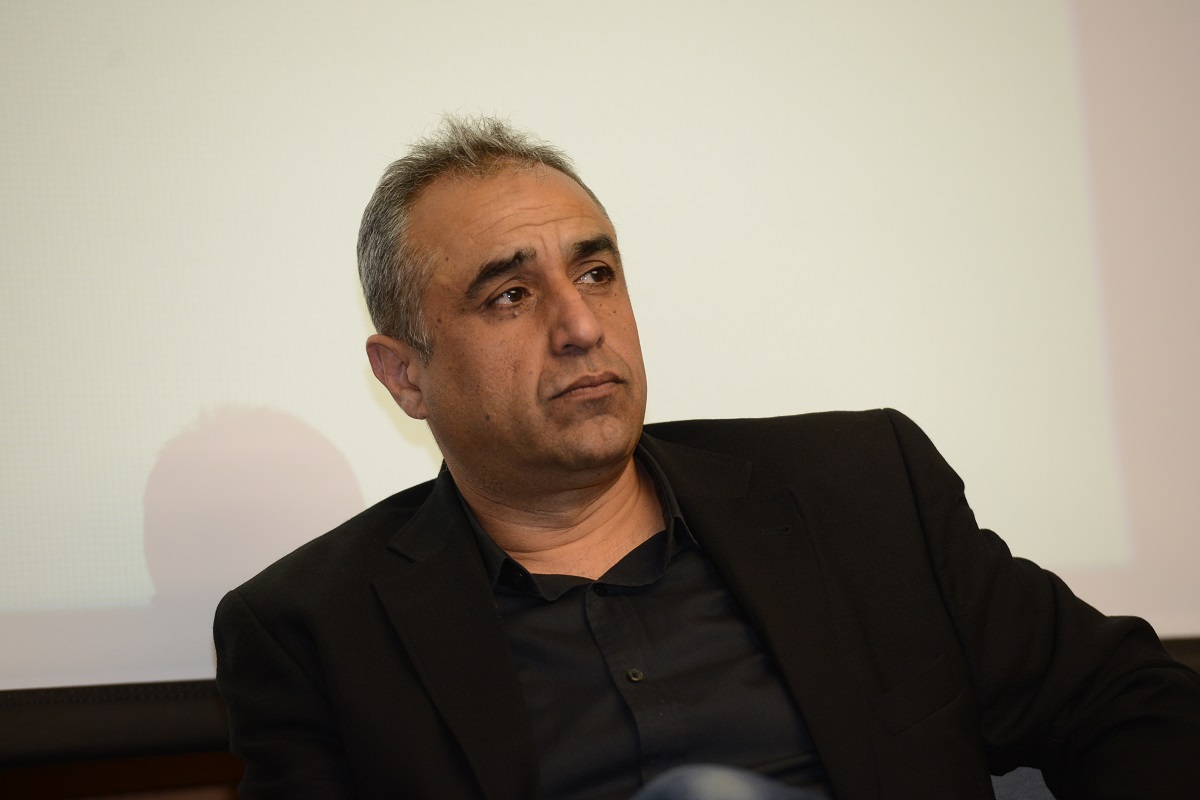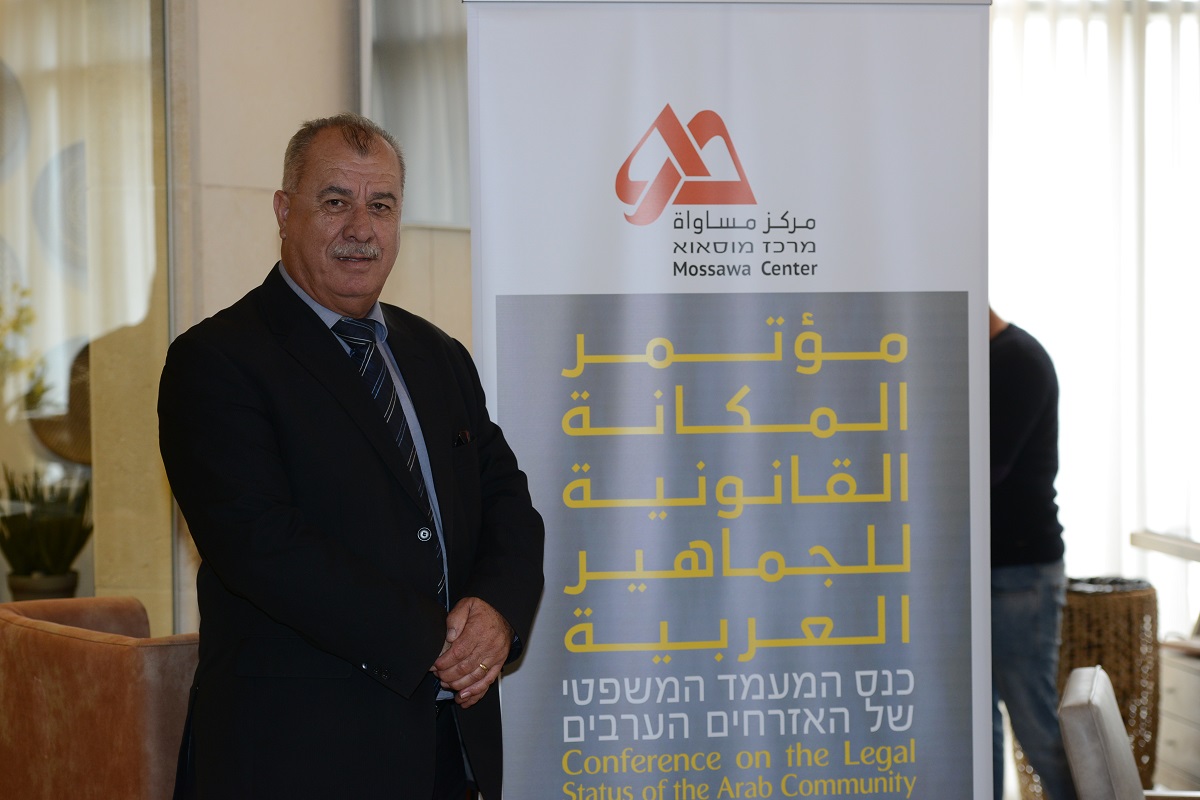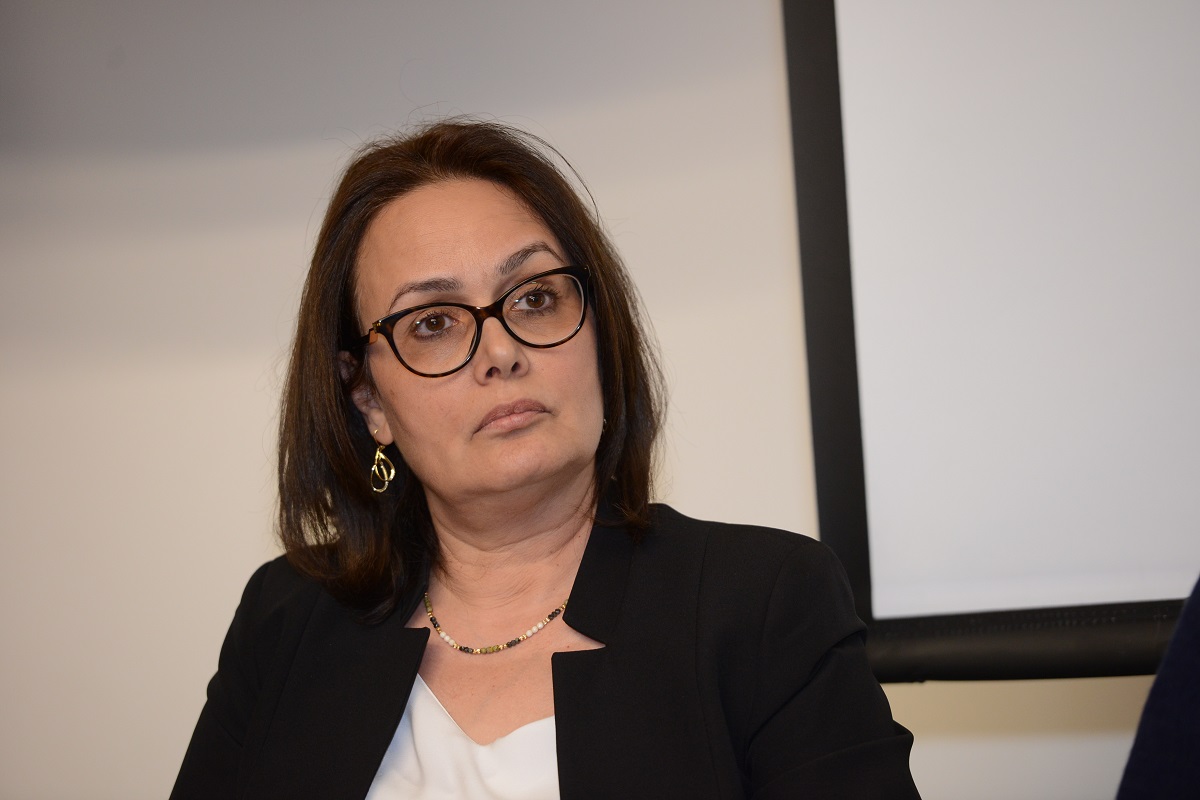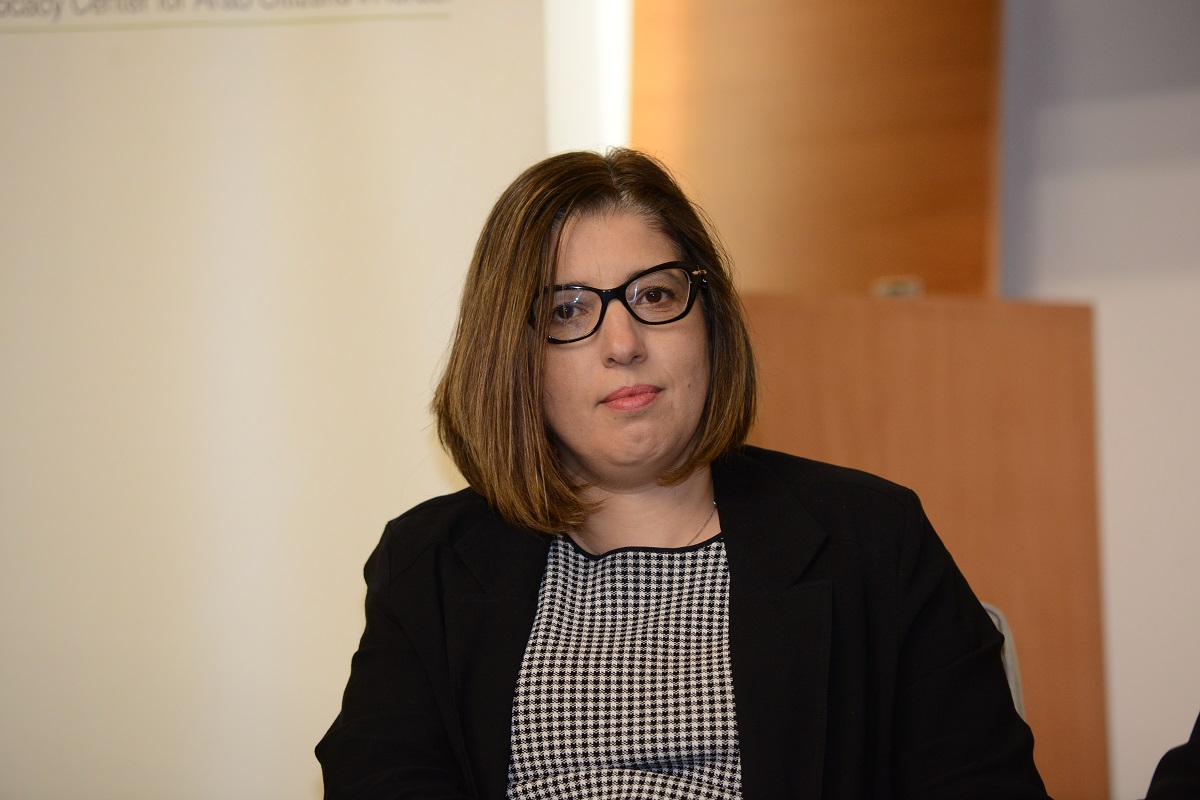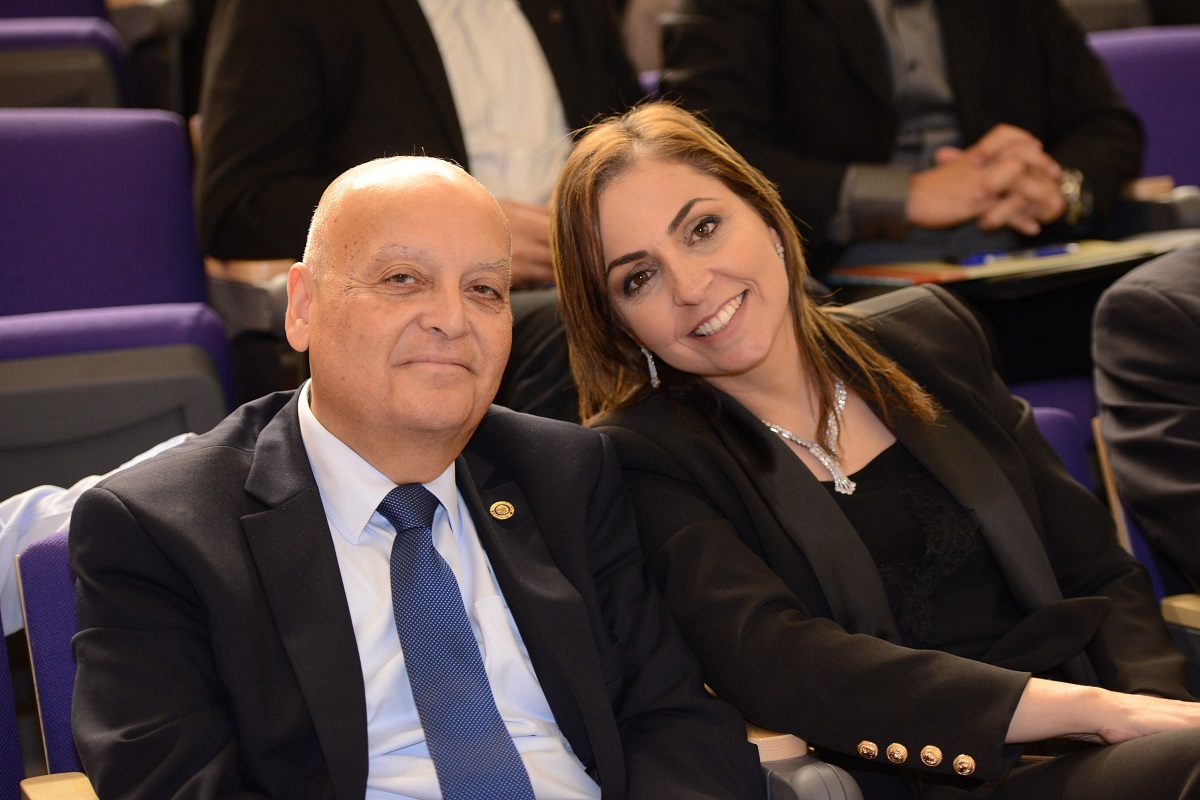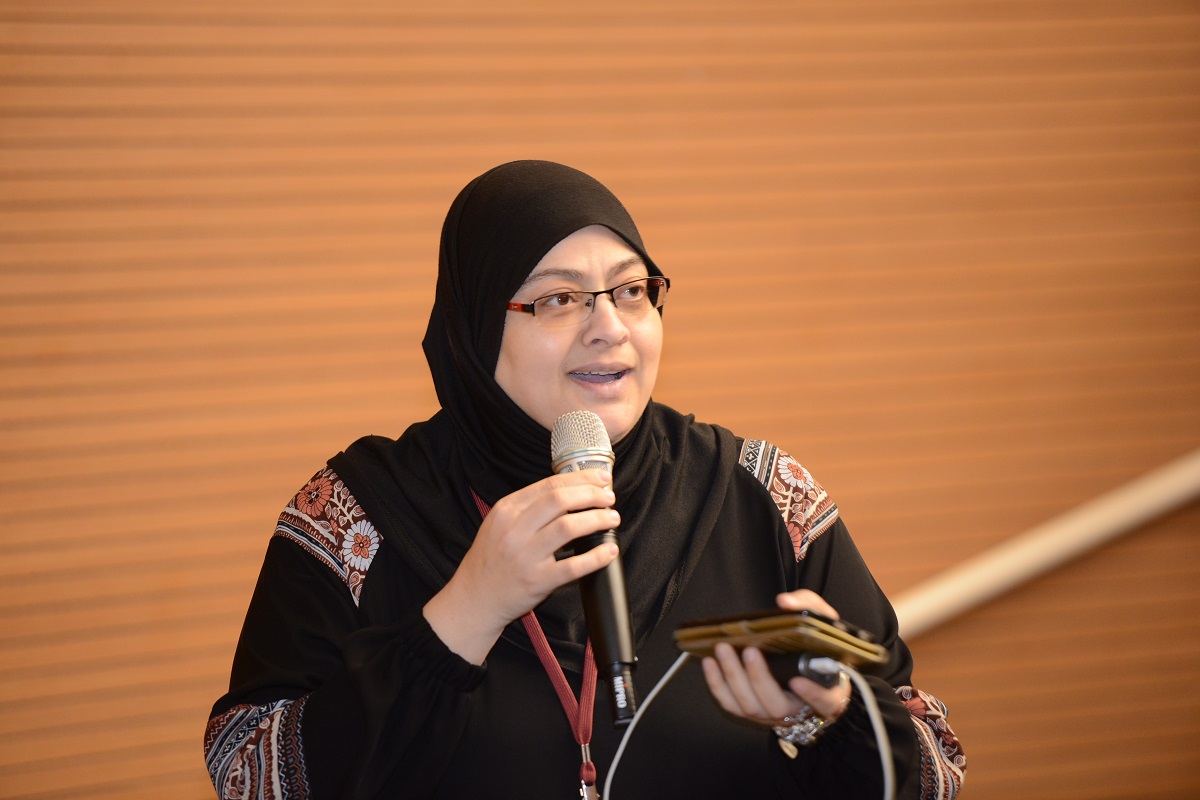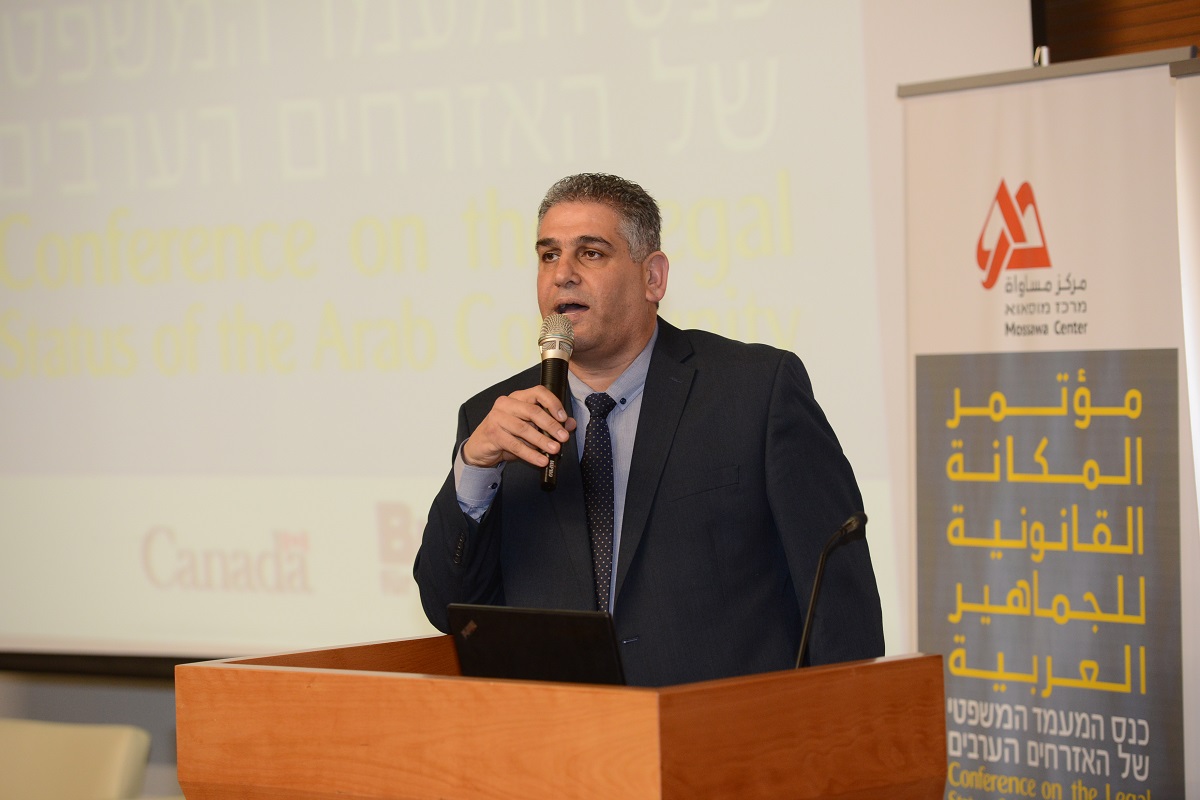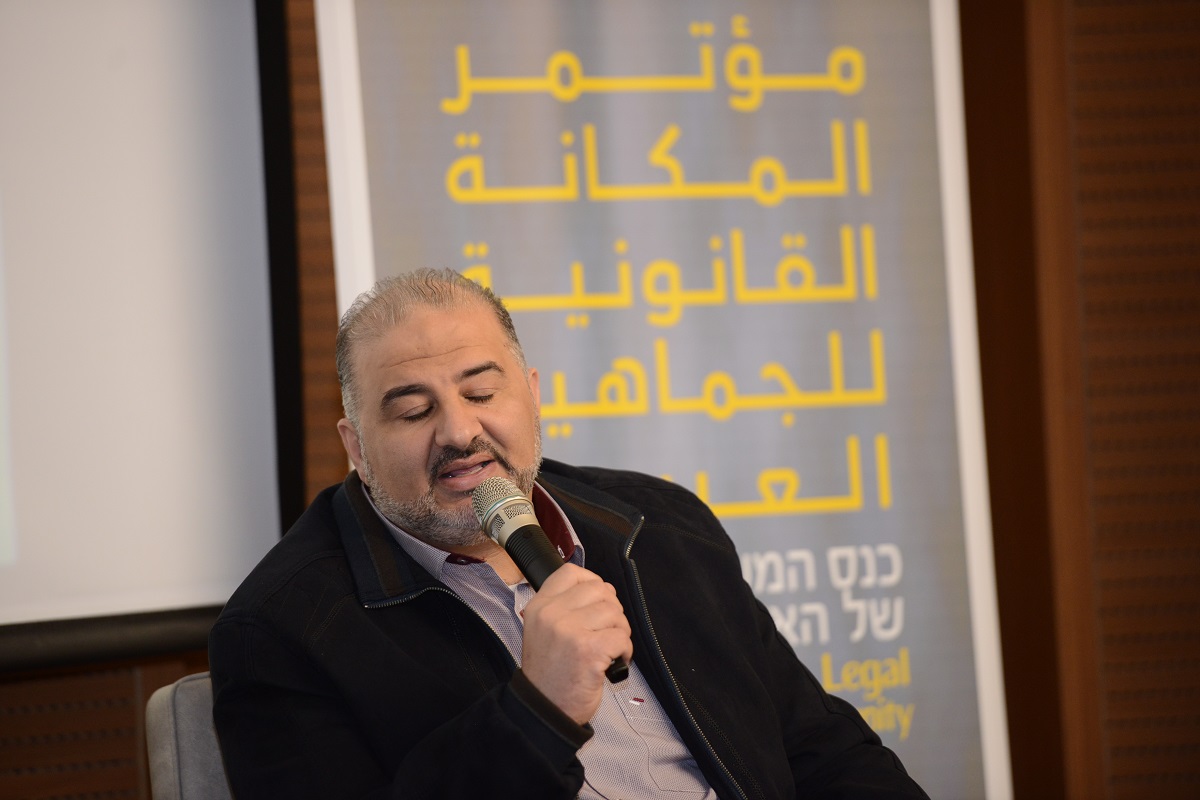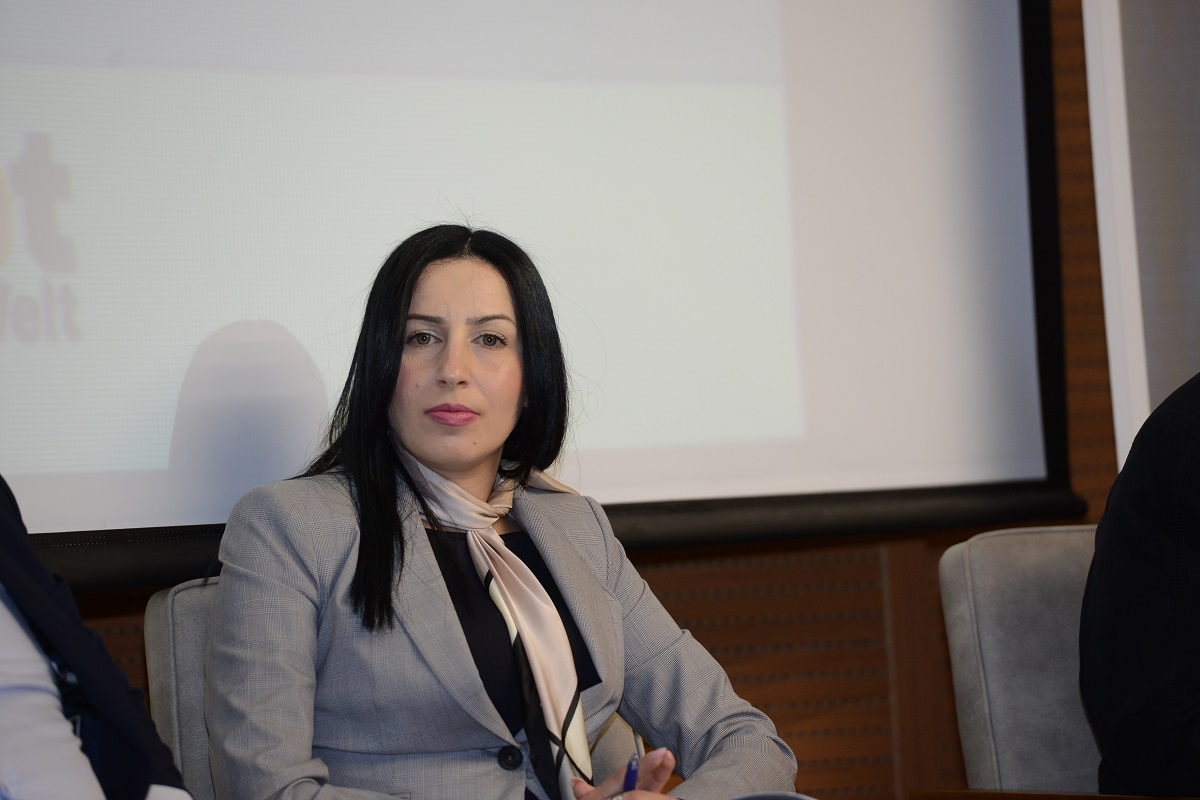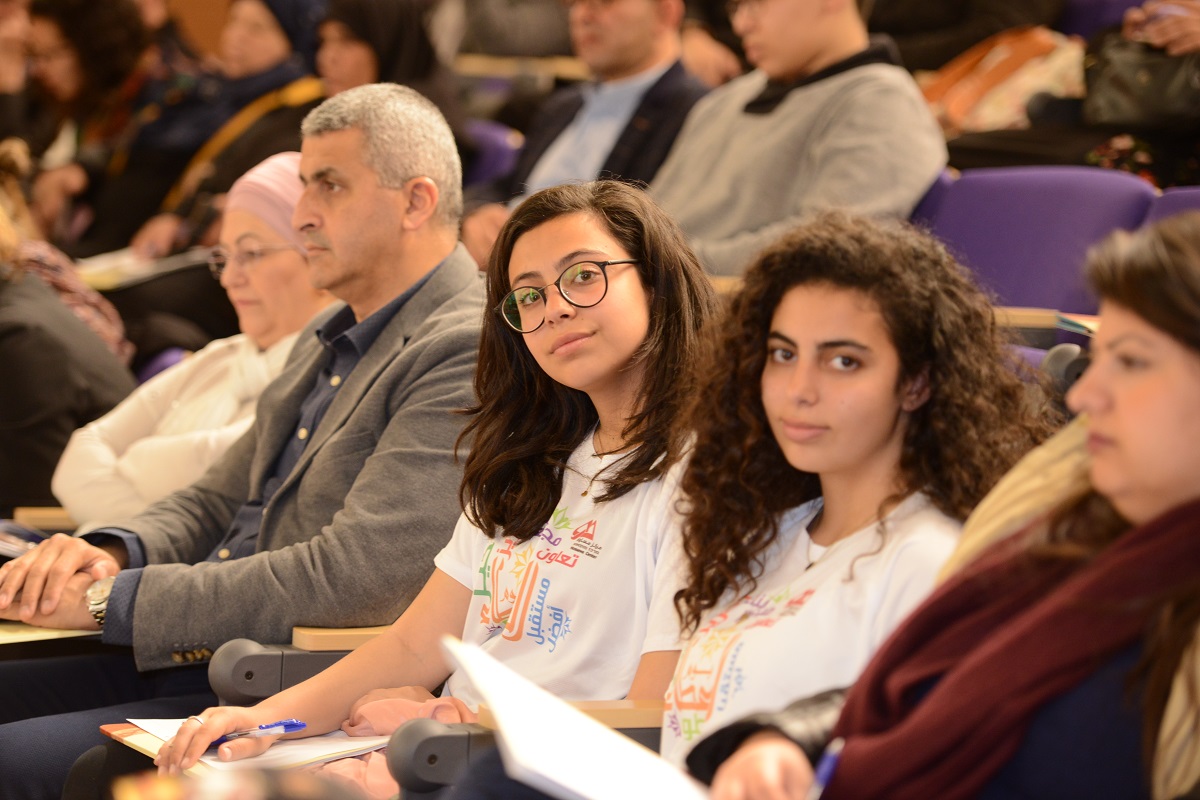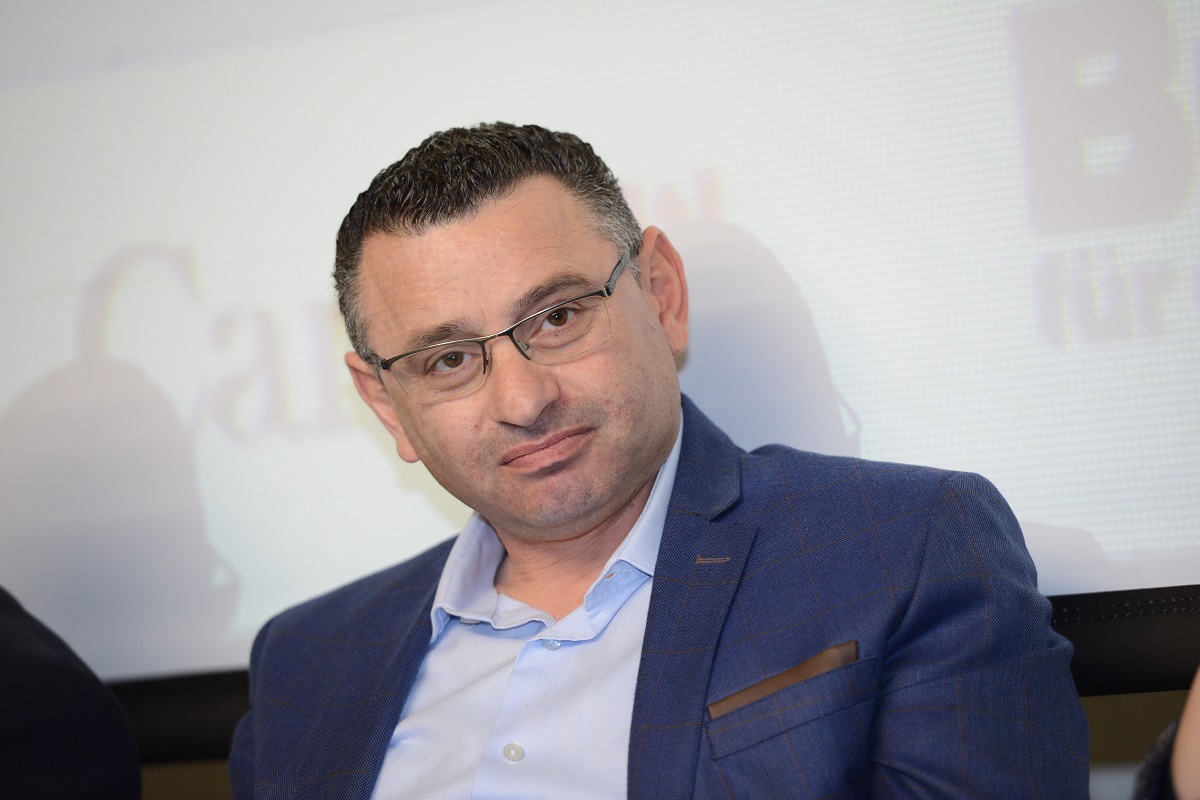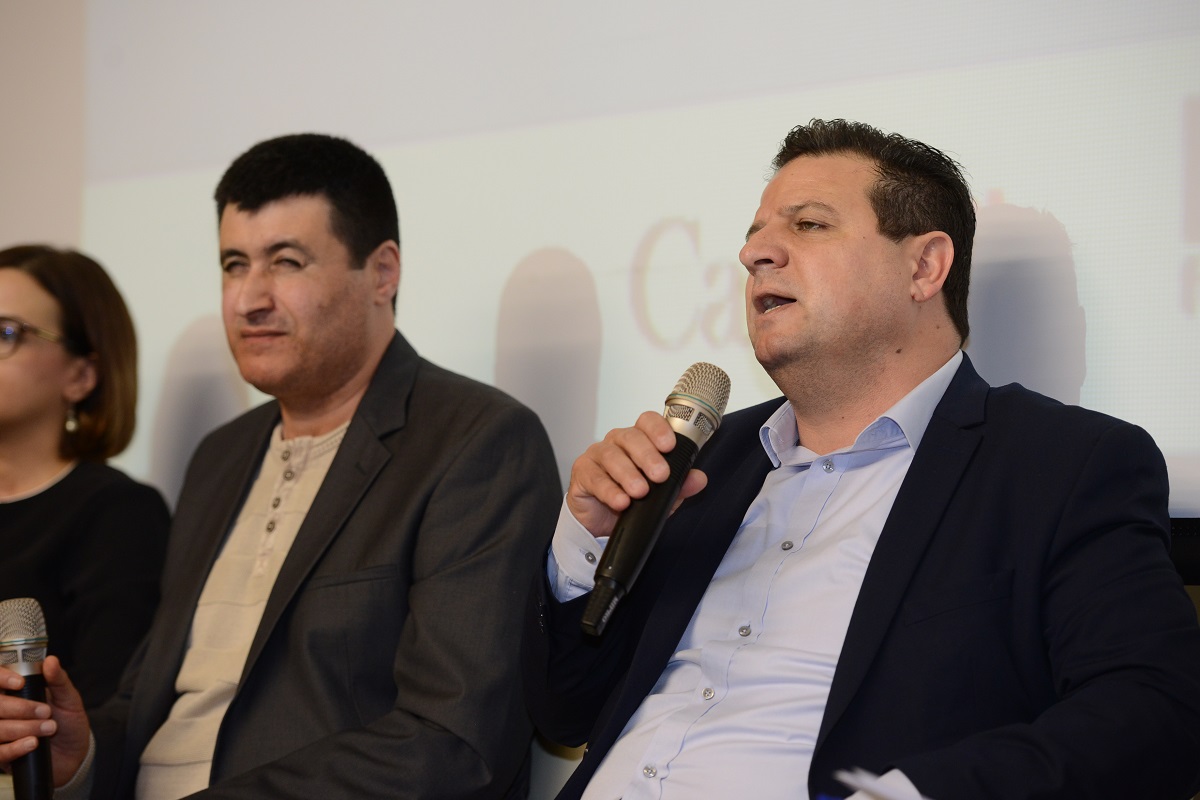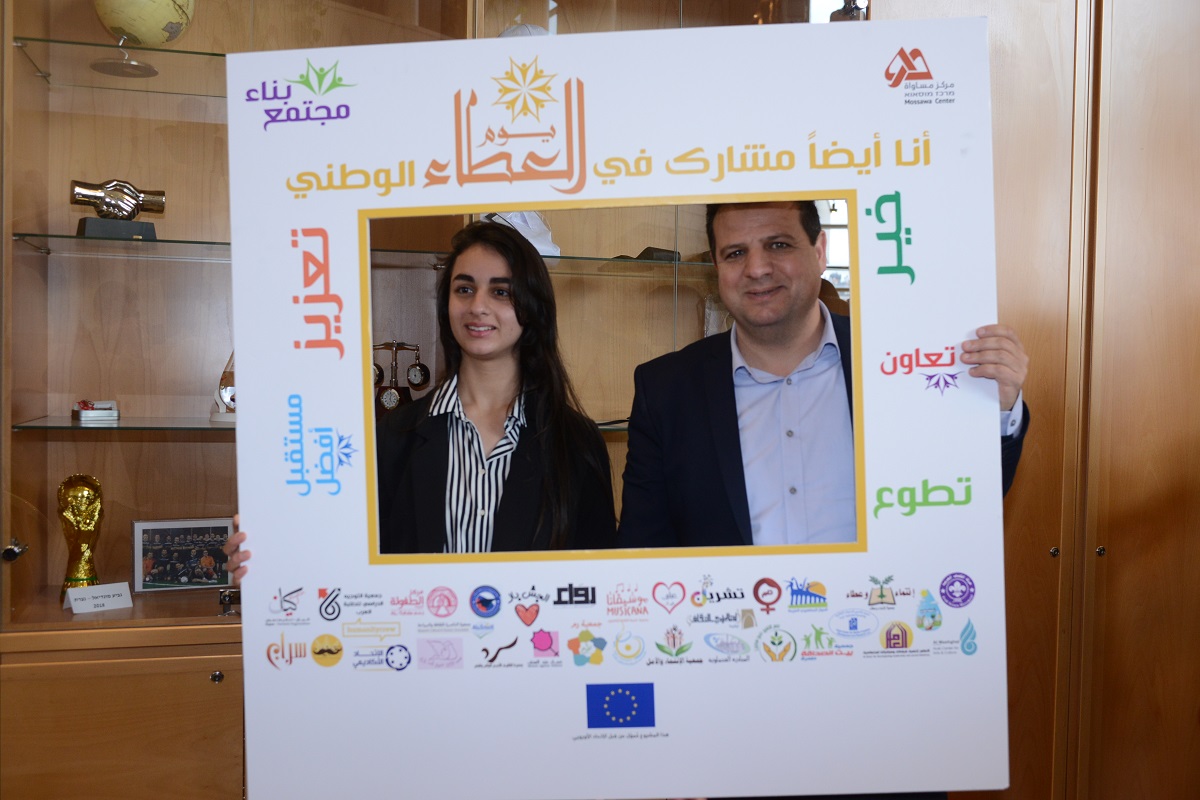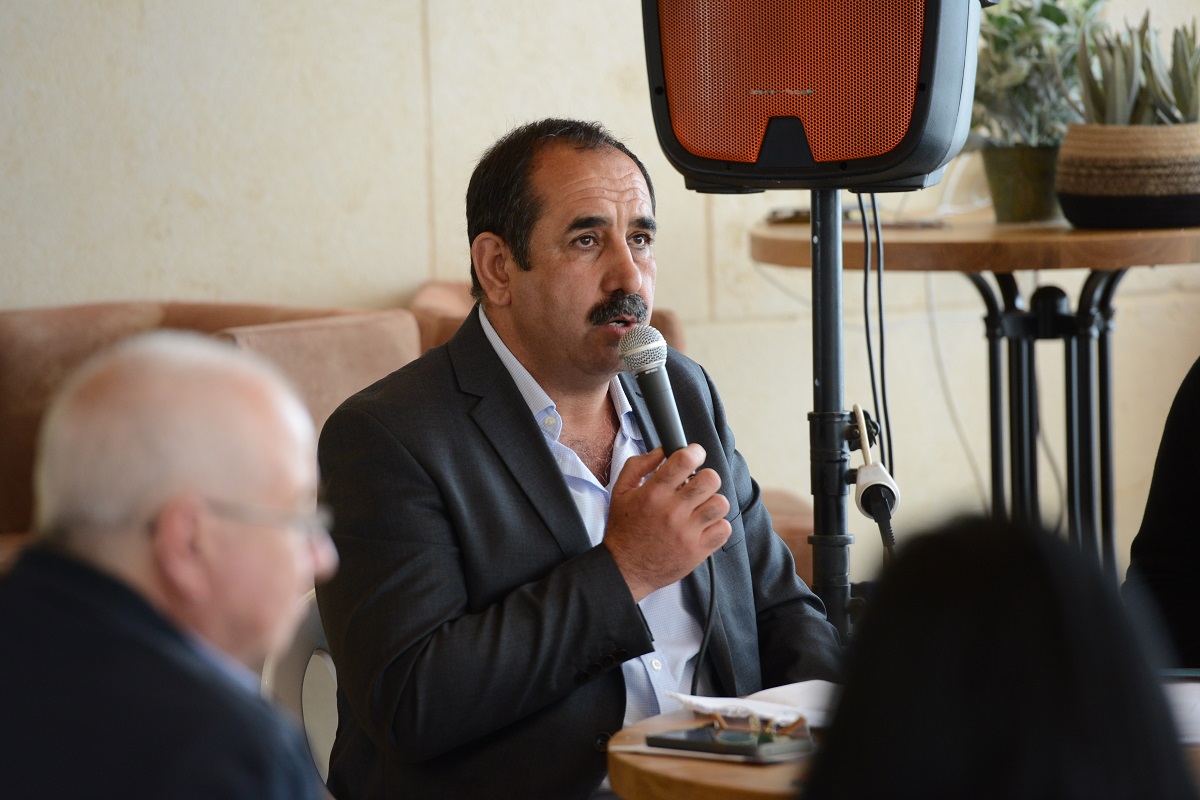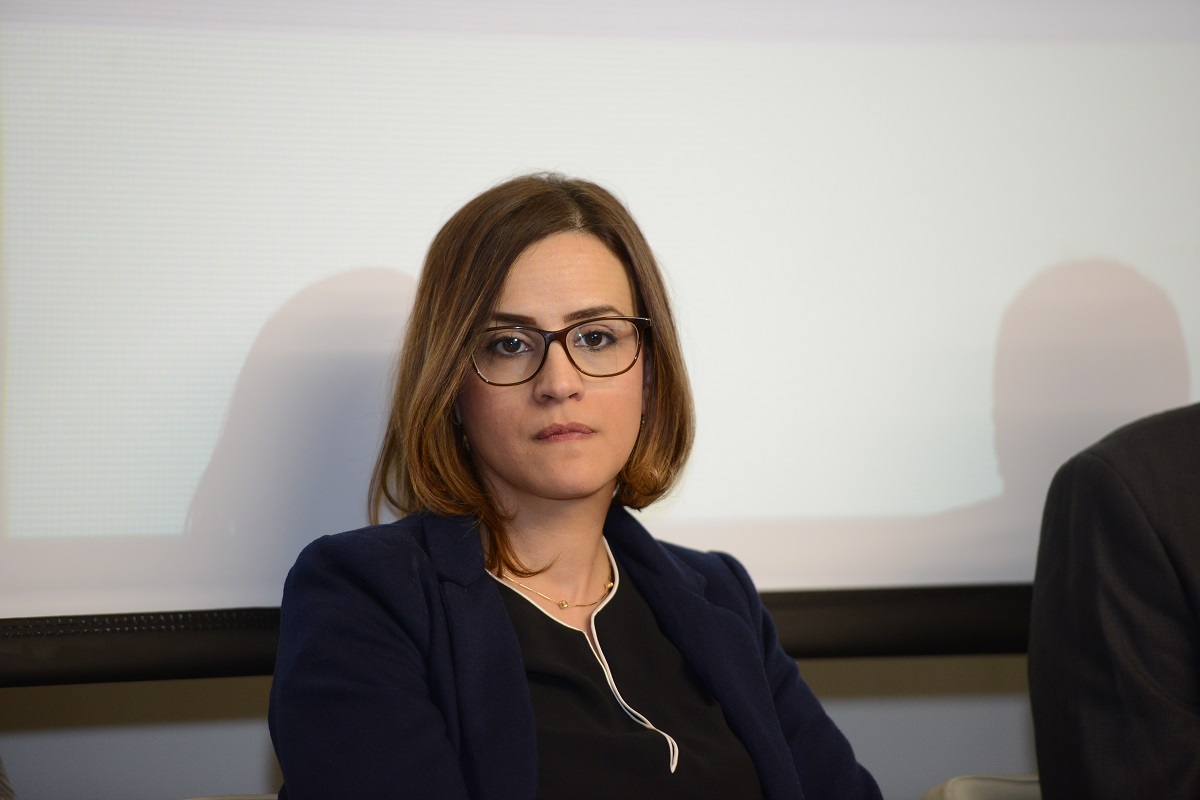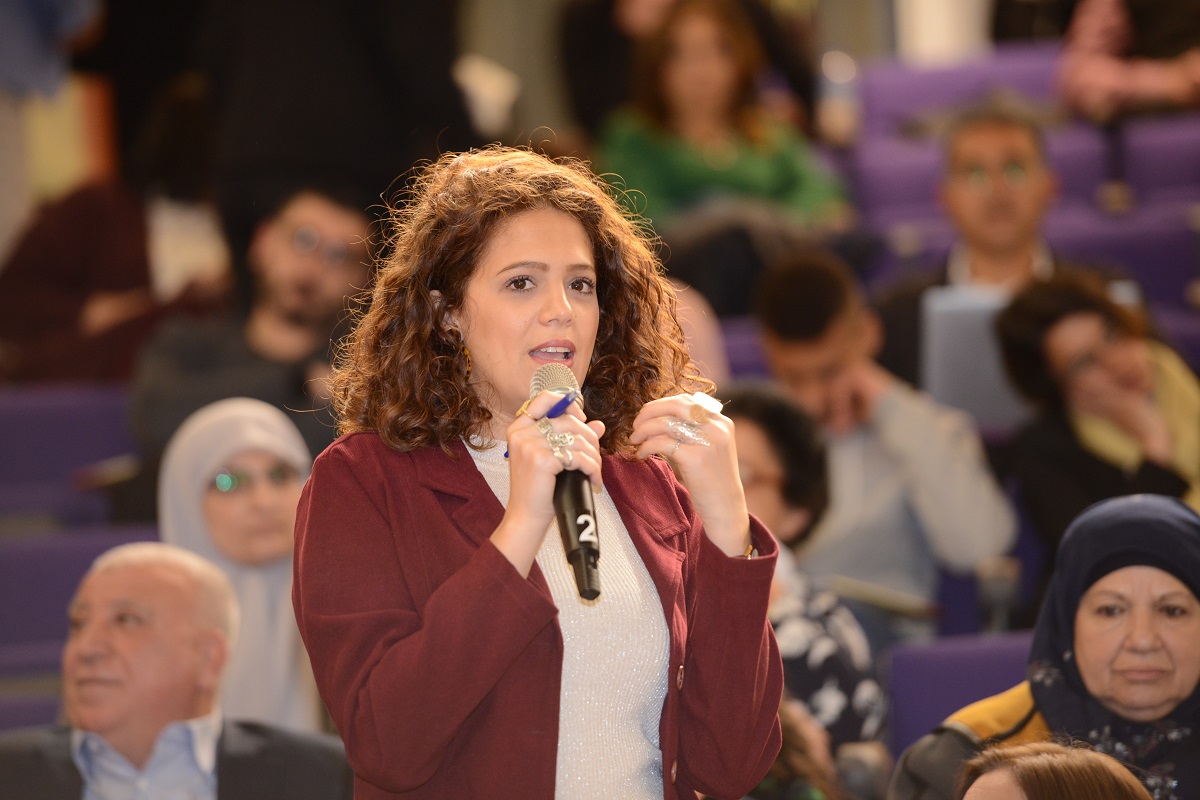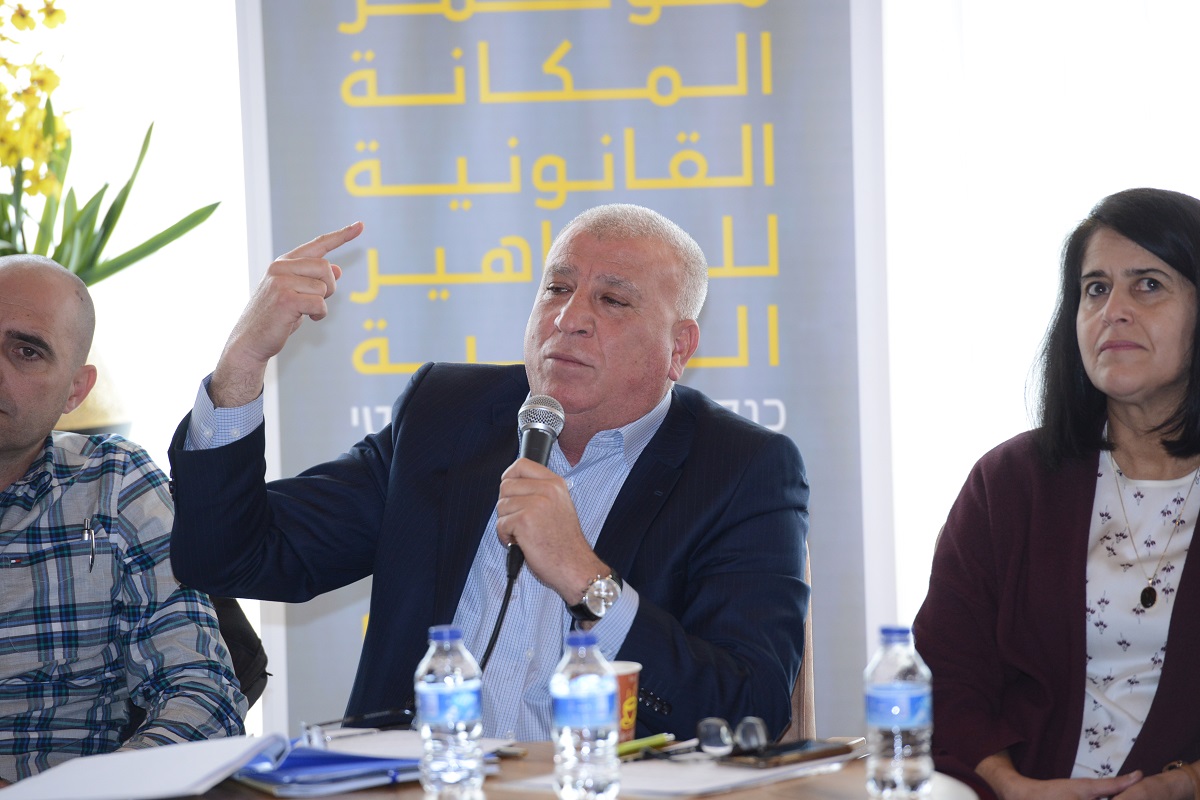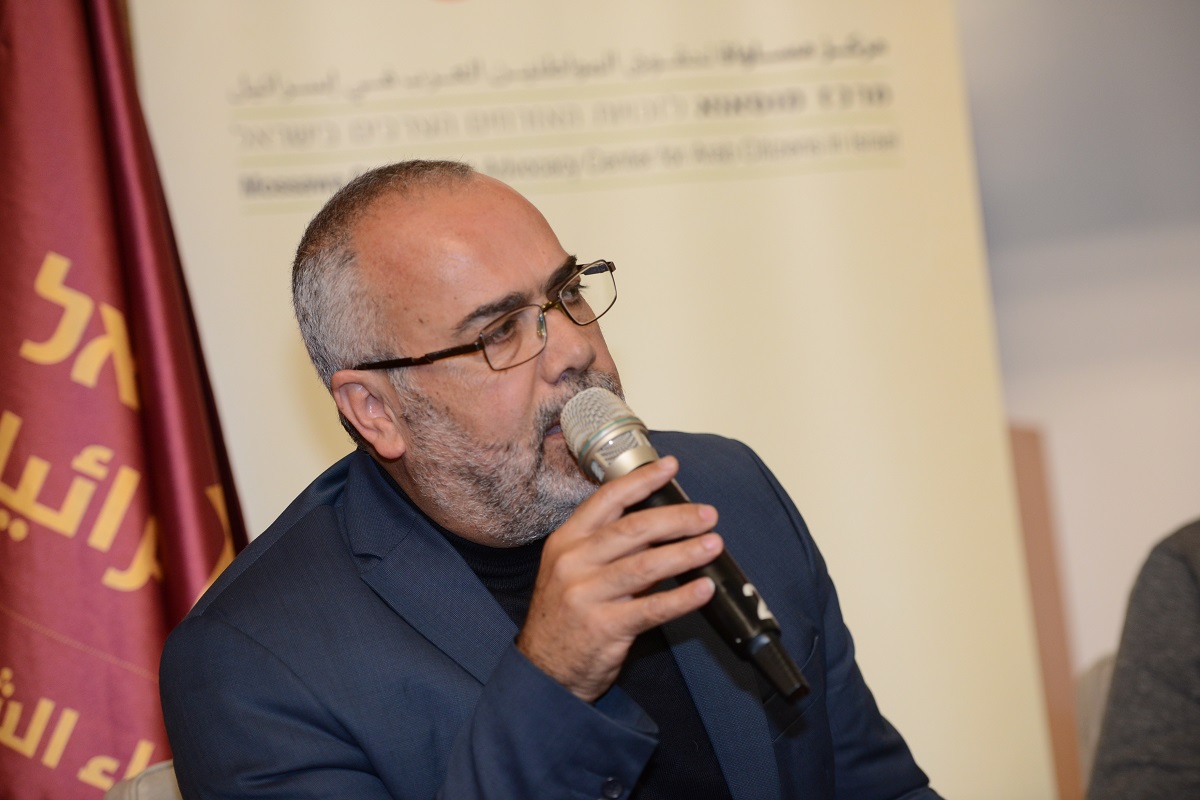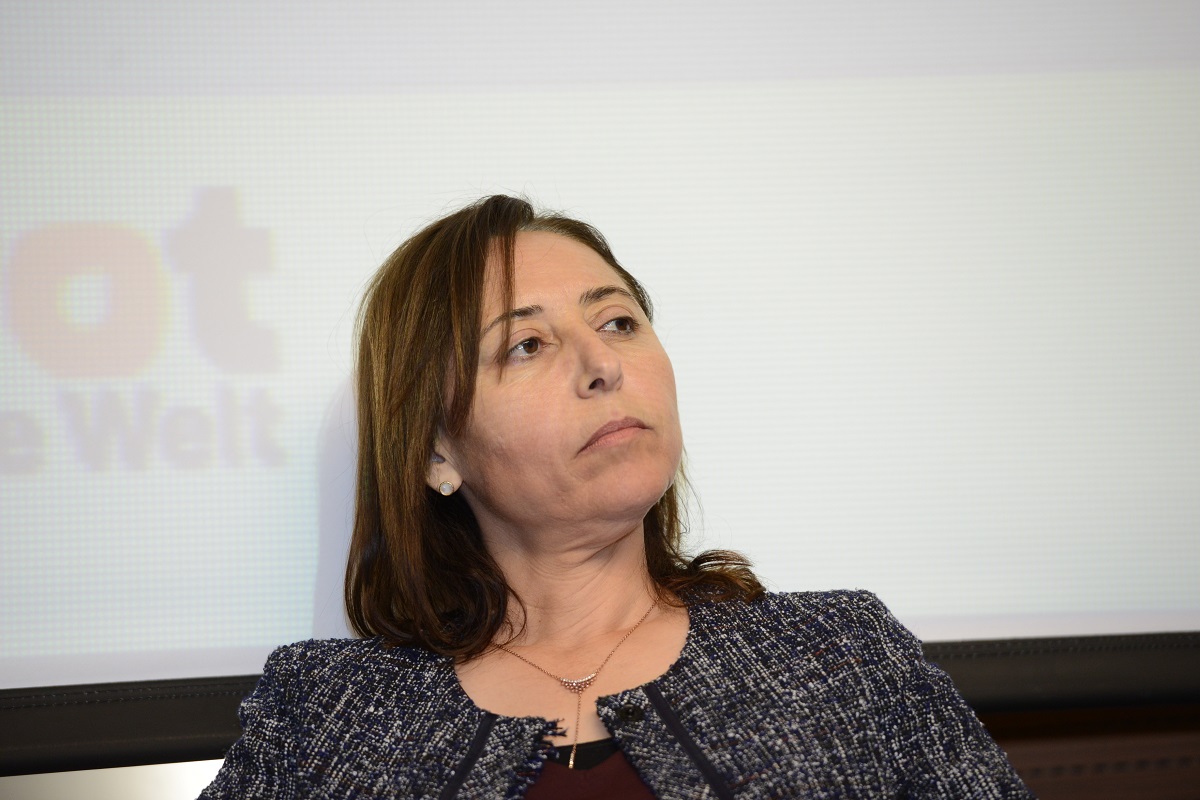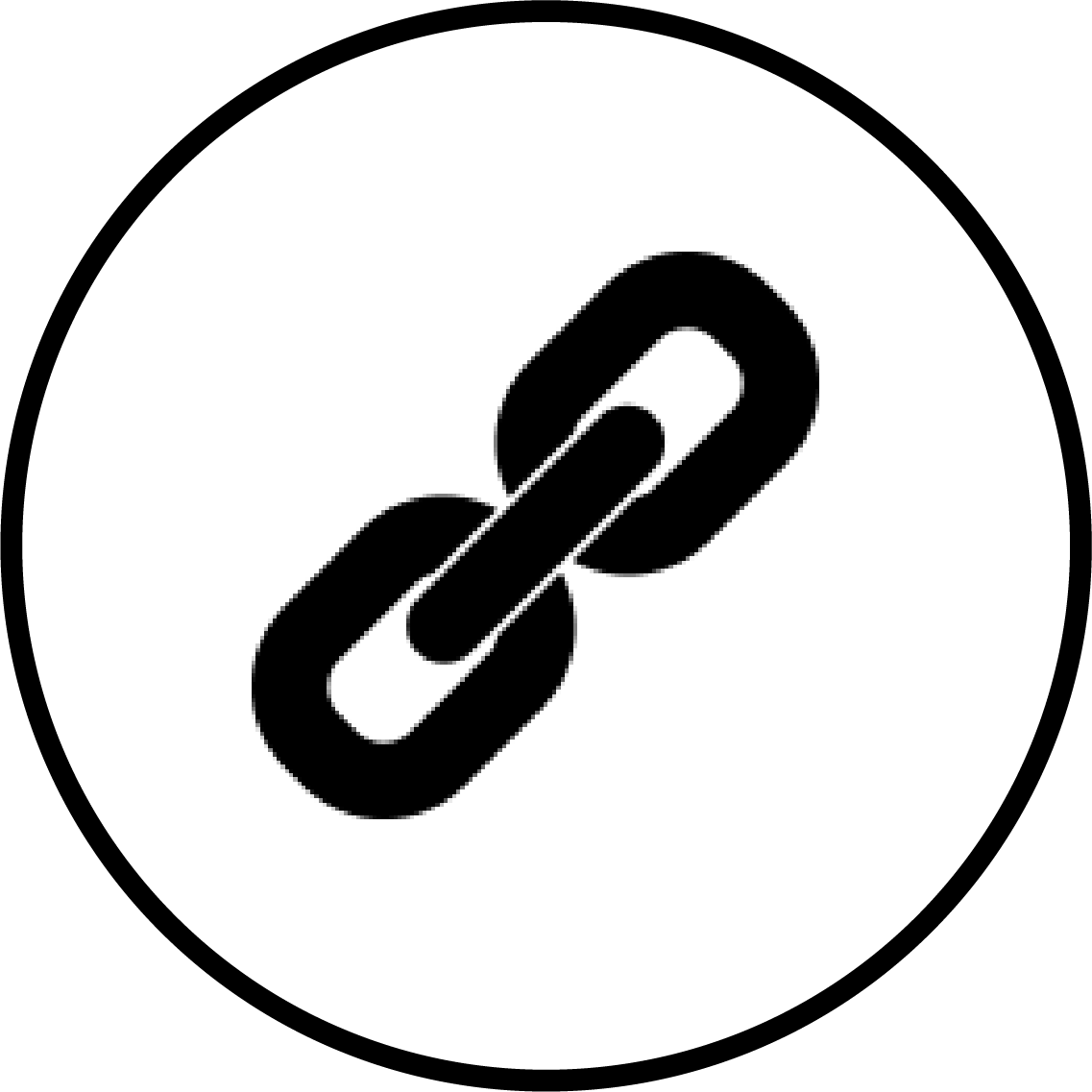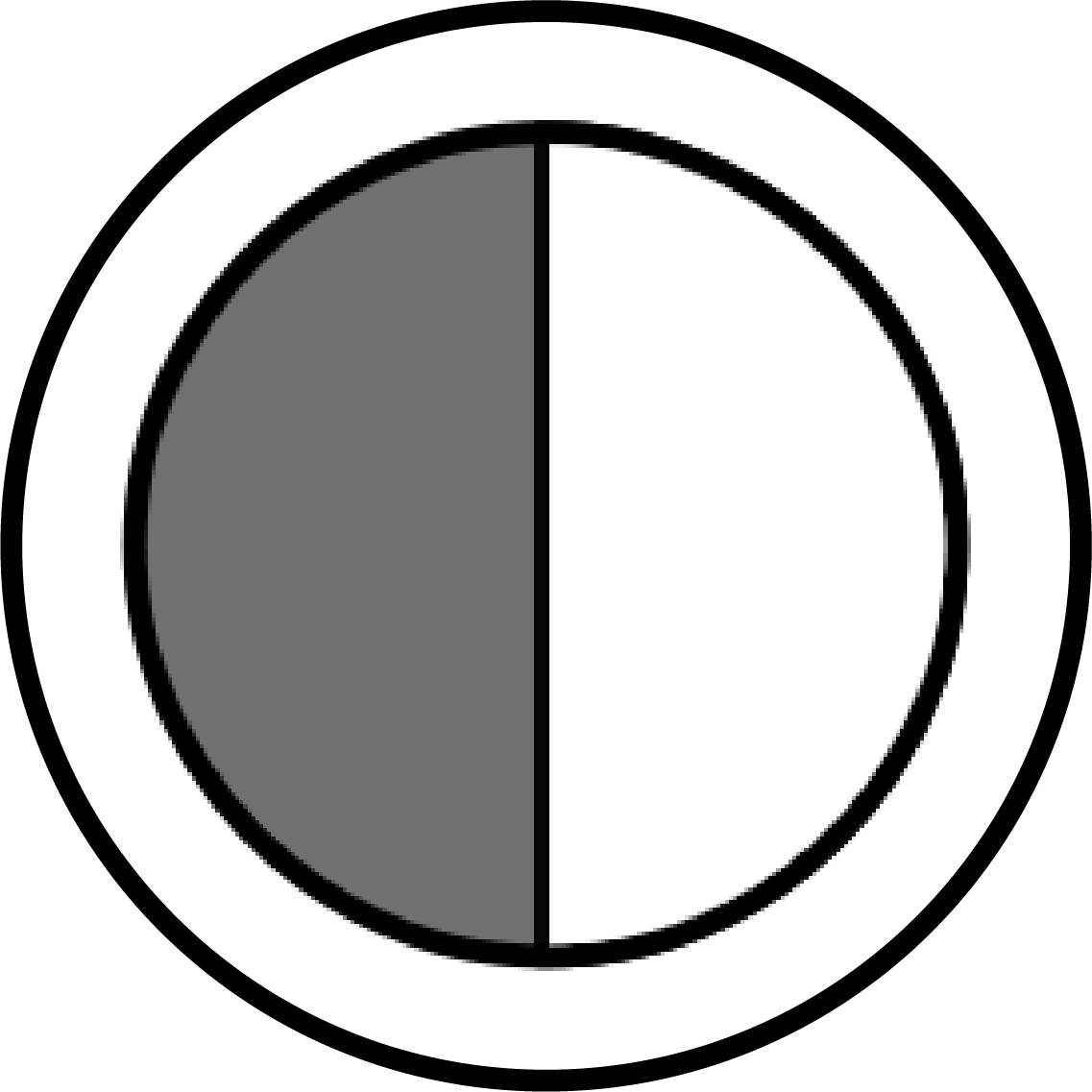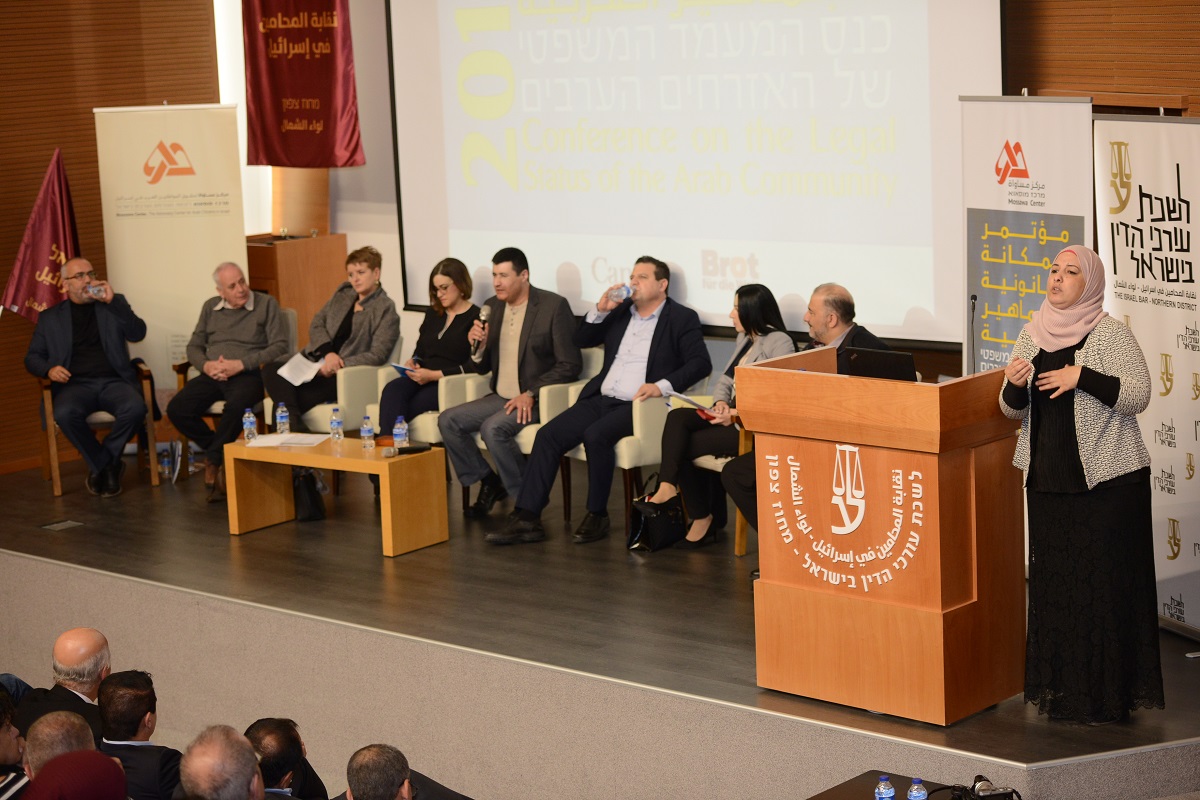
Just weeks before the national elections, the Mossawa Center held its annual conference on the legal status of the Arab community. The event, which was the first to bring Knesset candidates together to speak on the same panel since the dissolution of the Joint List, sought to foster the development of a clear plan of action to improve the status of the Palestinian Arab community in Israel and bring an end to the occupation.
The event, which took place at the Northern District Bar Association in Nazareth on March 15th, was the first in the Mossawa Center’s history that offered translations to sign language, embodying the Mossawa Center’s vision for inclusion and equal rights. More than 250 people were in attendance, including political leaders, MKs, lawyers, journalists, mayors and civil society leaders- in addition to a youth delegation ahead of National Giving Day.
The conference included opening remarks and four panels, addressing several of the most pressing challenges facing the Arab community. On the heels of the division of the Joint List and just weeks before the national elections, the first and main panel sought to provide a platform through which the Arab community and its leaders could dialogue on the future of Arab political participation. Panelists included several Knesset candidates, academics, and other distinguished individuals who, among other things, emphasized the need for unity.
Panelists and audience members alike expressed their chagrin at the dissolution of the Joint List. Dr. Hiba Yazbak, a Knesset candidate from Balad, reminded those in attendance that 63% of Arab voters supported the Joint List. She continued, suggesting that “unity” was the bare minimum the Arab political leadership could provide its people.
Dr. Mansour Abbas, the Chairman of the Islamic Movement and the United Arab List, which is running alongside Balad in the upcoming elections, openly apologized for the dissolution of the Joint List, citing the “failure of the alliance” as deriving from a lack of consensus. The audience welcomed his apology with applause. In the discussions to follow, however, some criticized his apology as ‘too little too late’. Knesset Member Ayman Odeh from Hadash, which is running alongside Ta’al in the upcoming elections, expressed hope for the Joint List returning in the future.
Throughout the conference, panelists and audience members emphasized the need to develop new strategies. Dr. Ilan Pappé emphasized that, in light of the passage of the Jewish Nation-State Law, the Palestinian Arab community in Israel must “return to the drawing board” and develop an alternative strategy in order to transform the reality of their second-class citizenship. To this end, panelists adopted a comparative approach, examining the strategies adopted by minority groups abroad. Dr. Manar Mahmoud of Tel Aviv University referred to the struggle of the indigenous peoples of Canada and the Canadian model of minority engagement and equality. This was supported in the opening remarks, in which the Deputy Canadian Ambassador noted the need for pluralism in any society, be it Israeli or Canadian.
Following the main panel, conference participants were given the option to attend three different panels on economic development, the challenges facing Arab local councils and their relations with the central government, and the judicial system and the appointment of extreme right-wing judges. For summaries of these panels, please click here.
